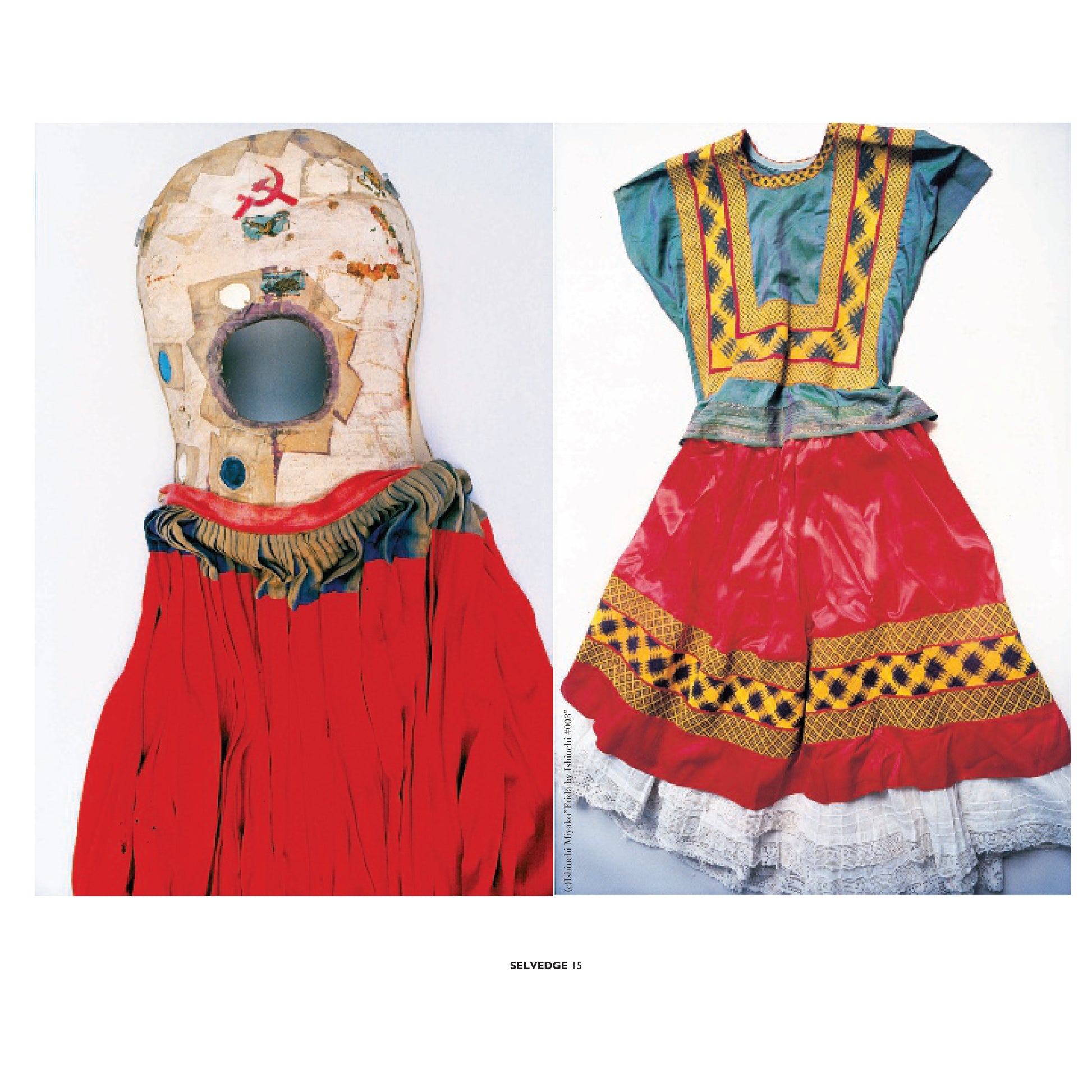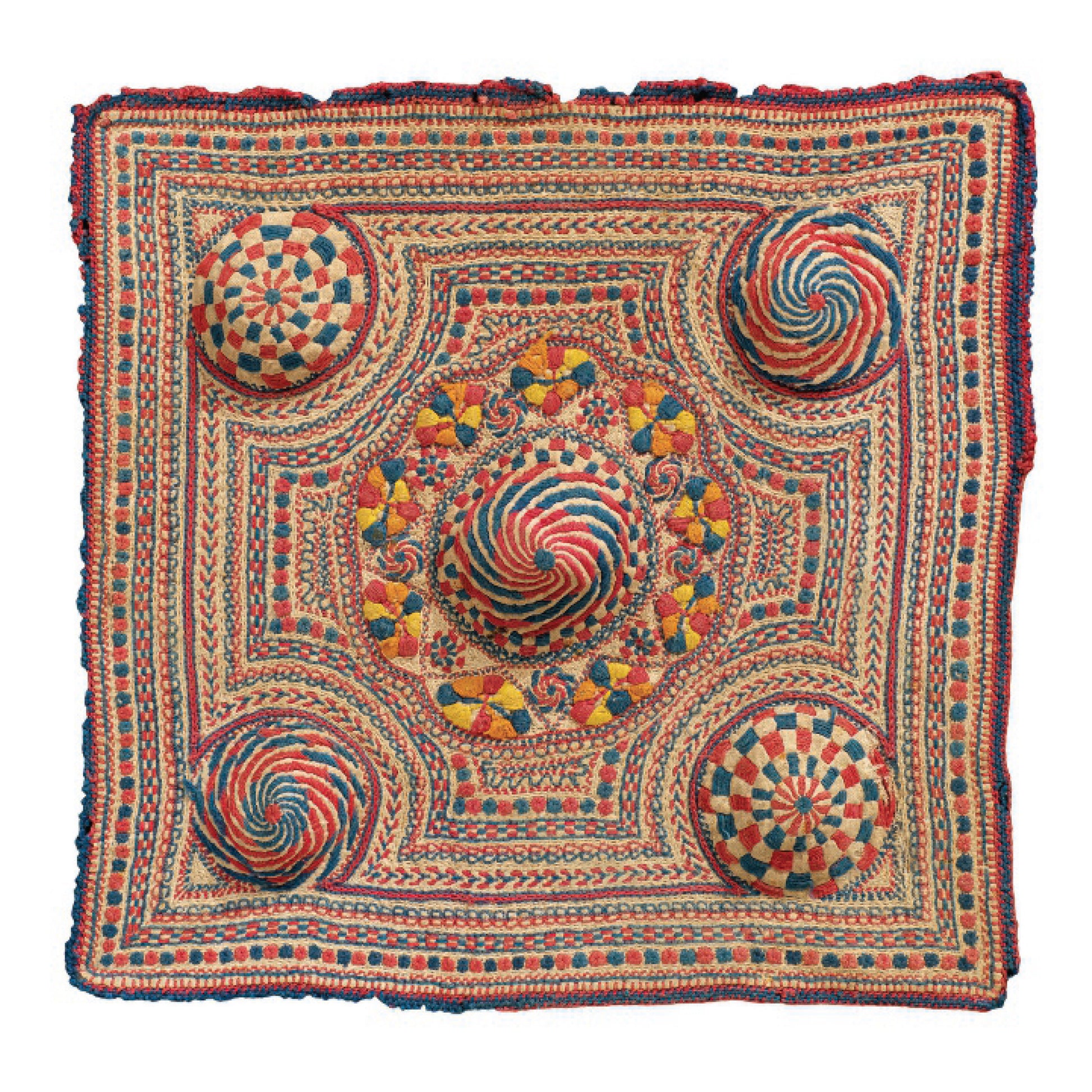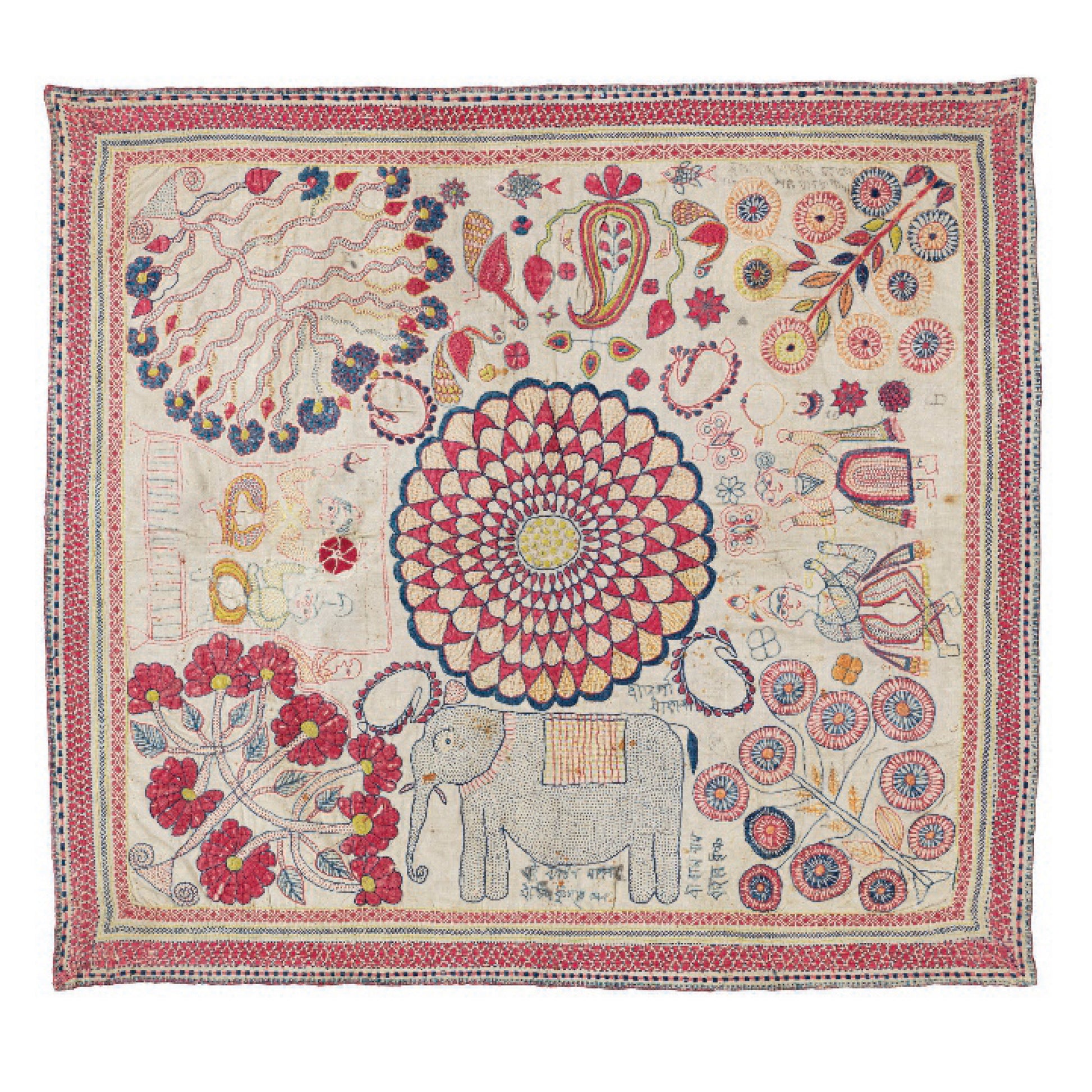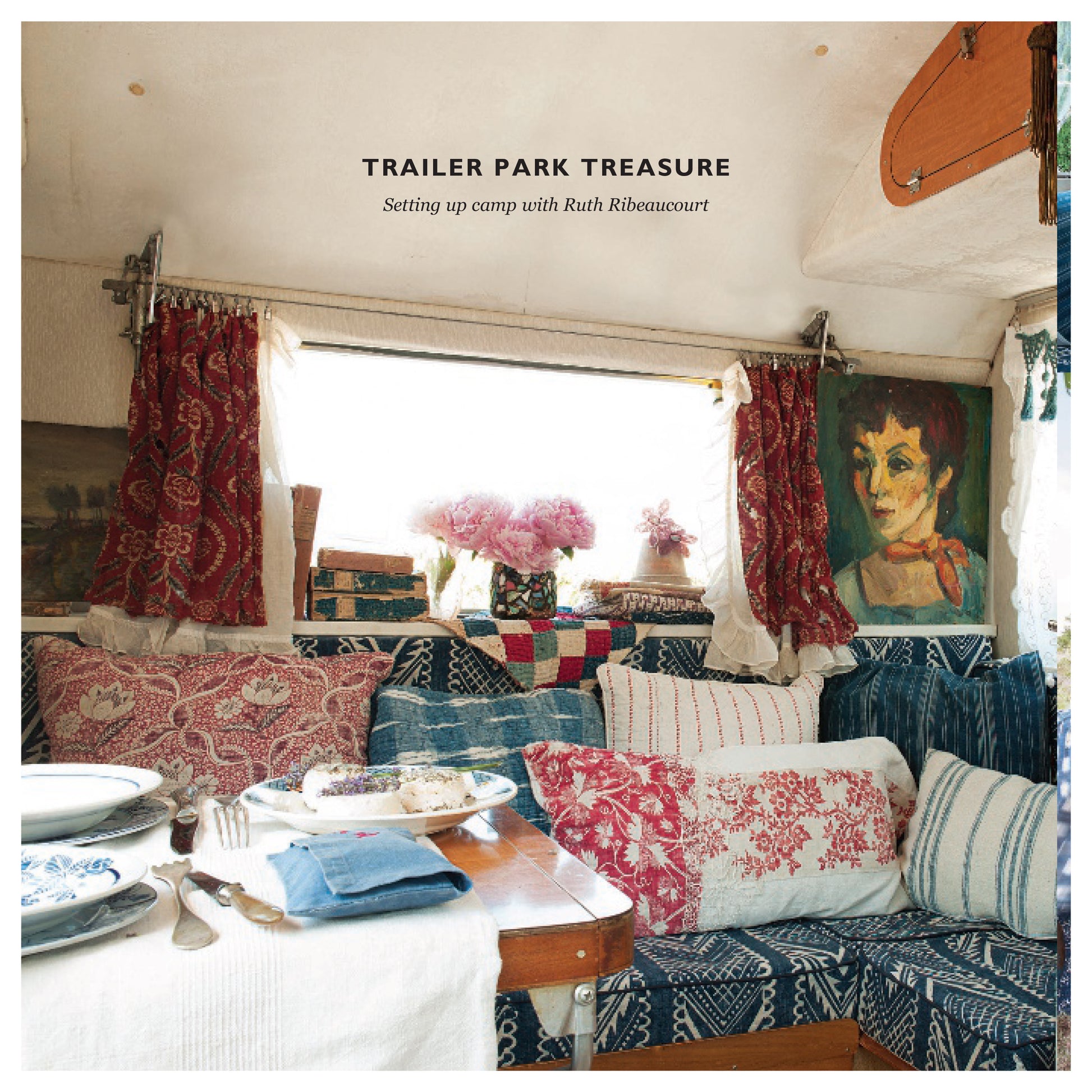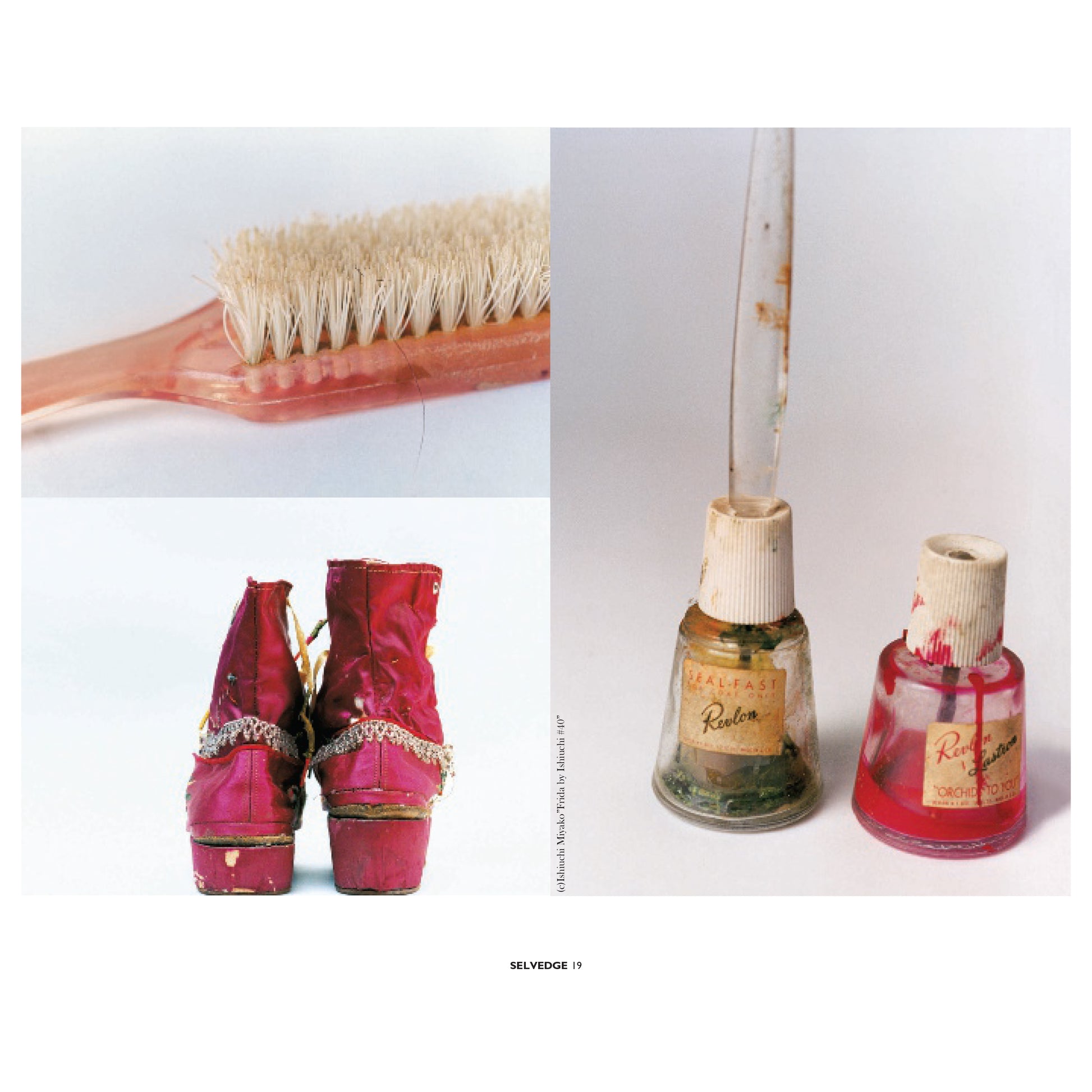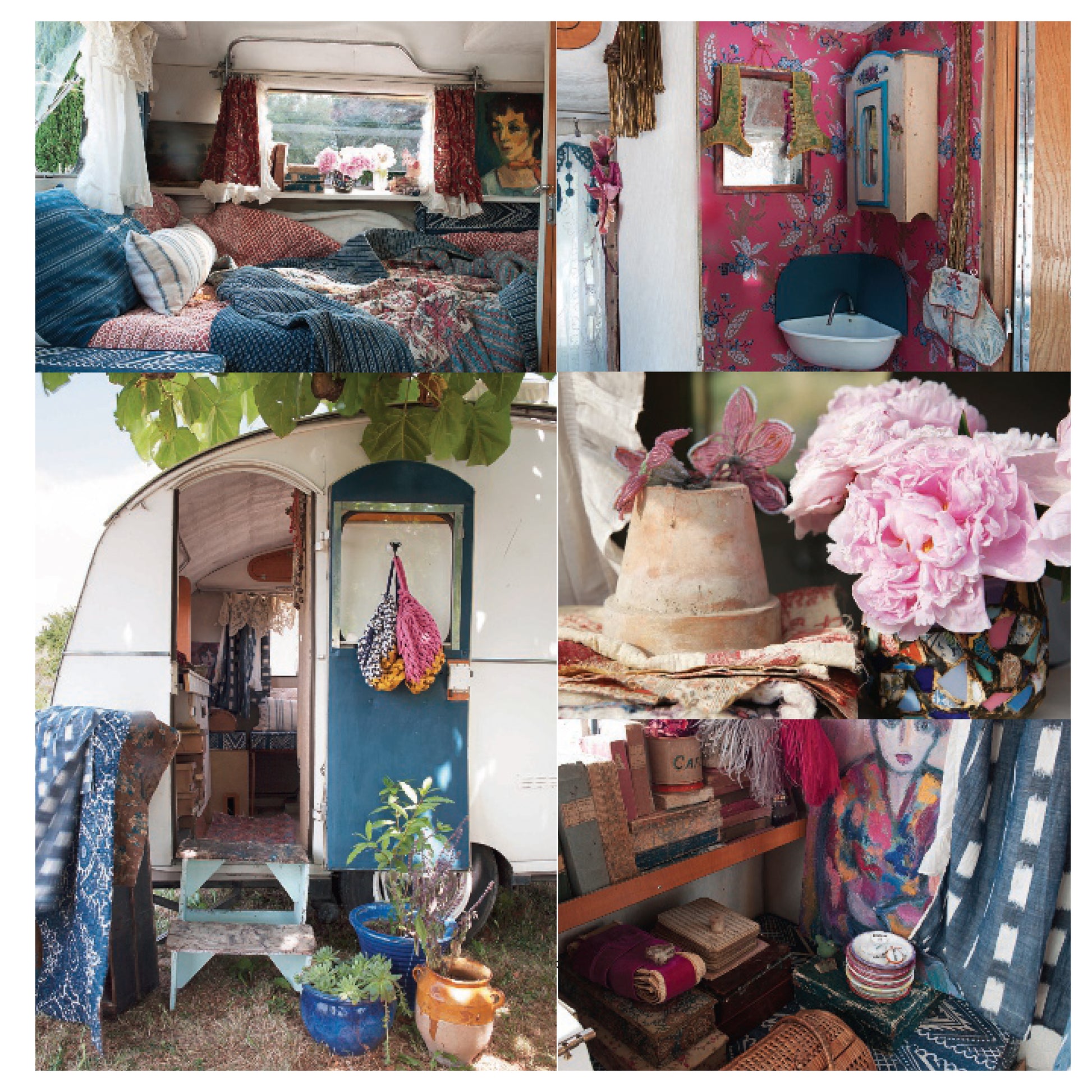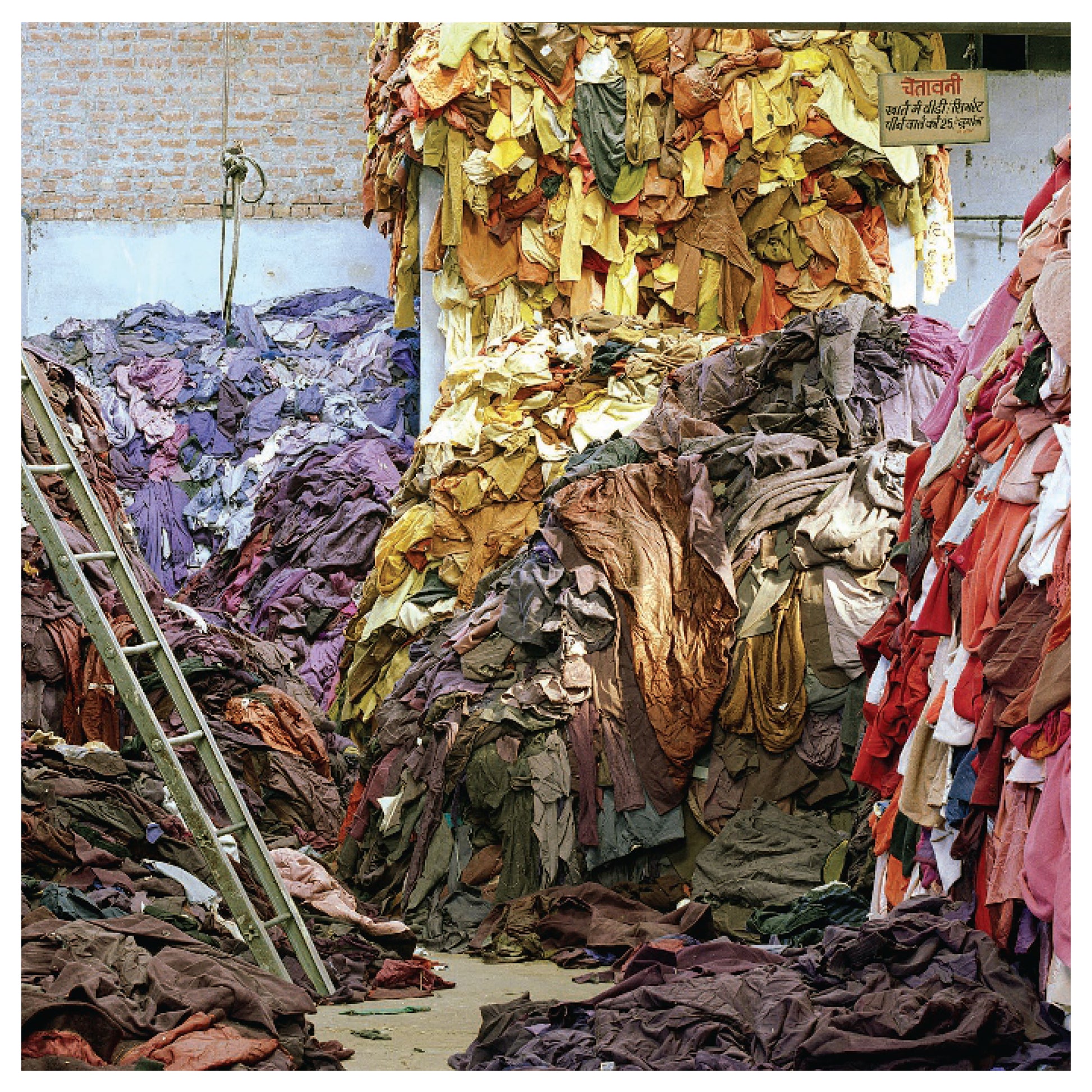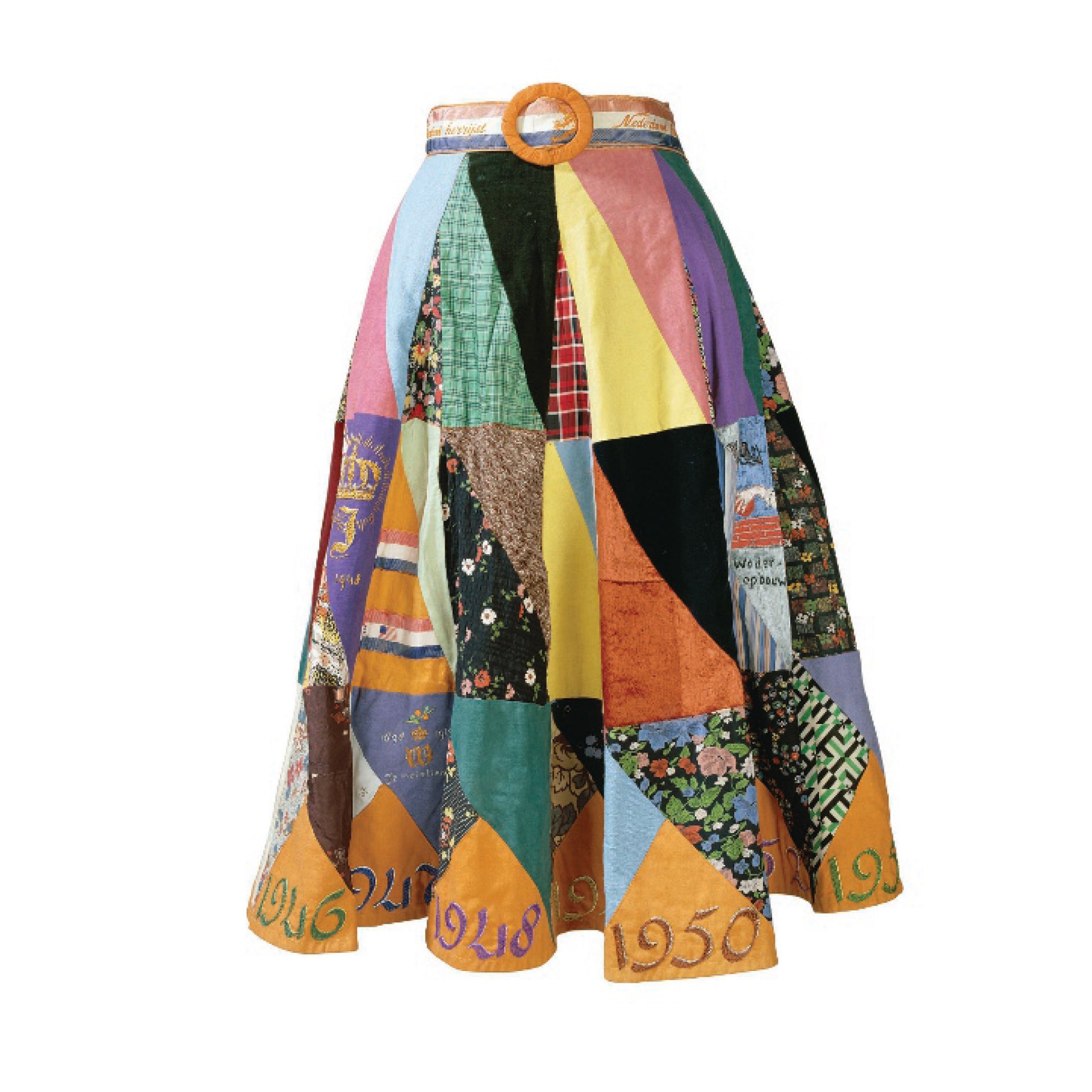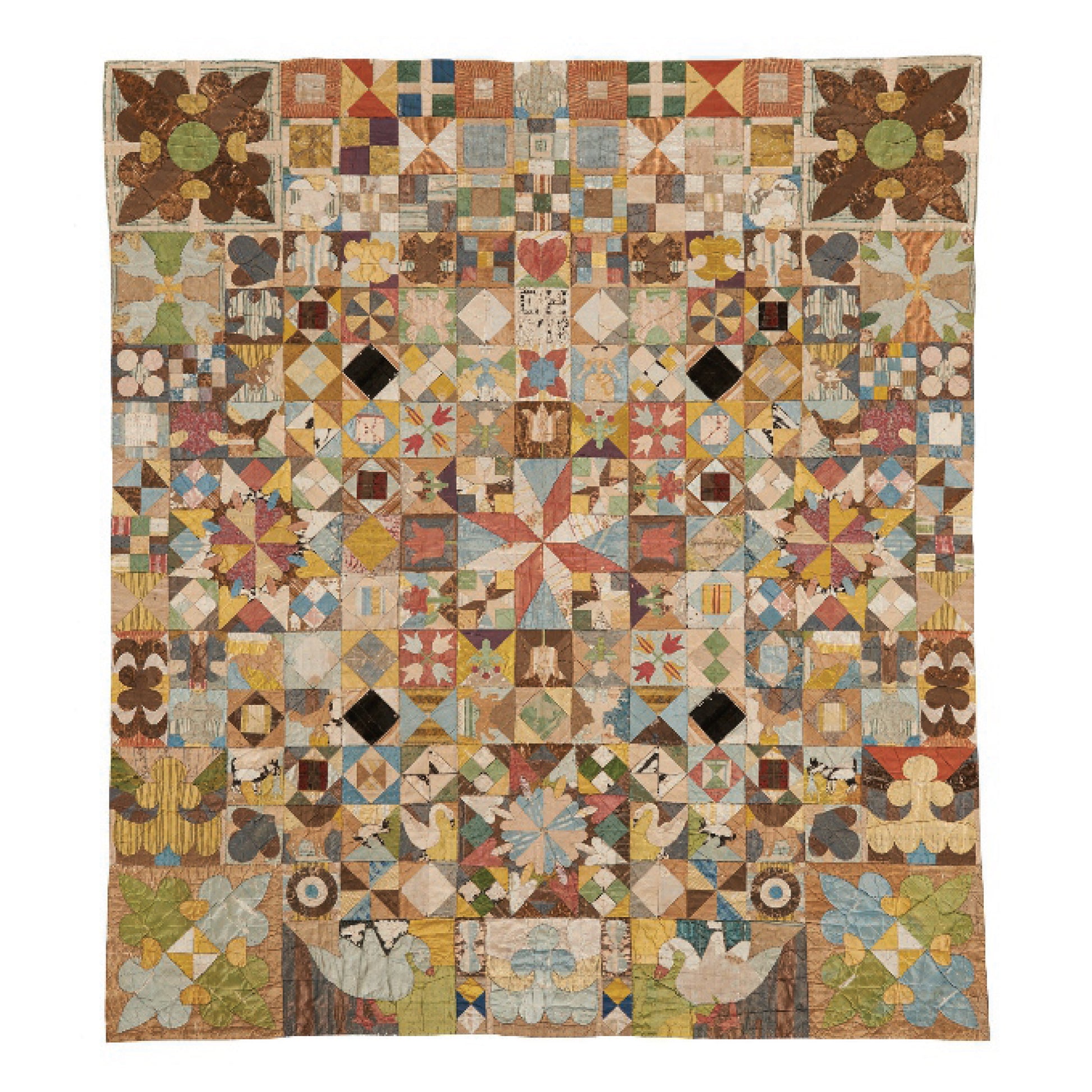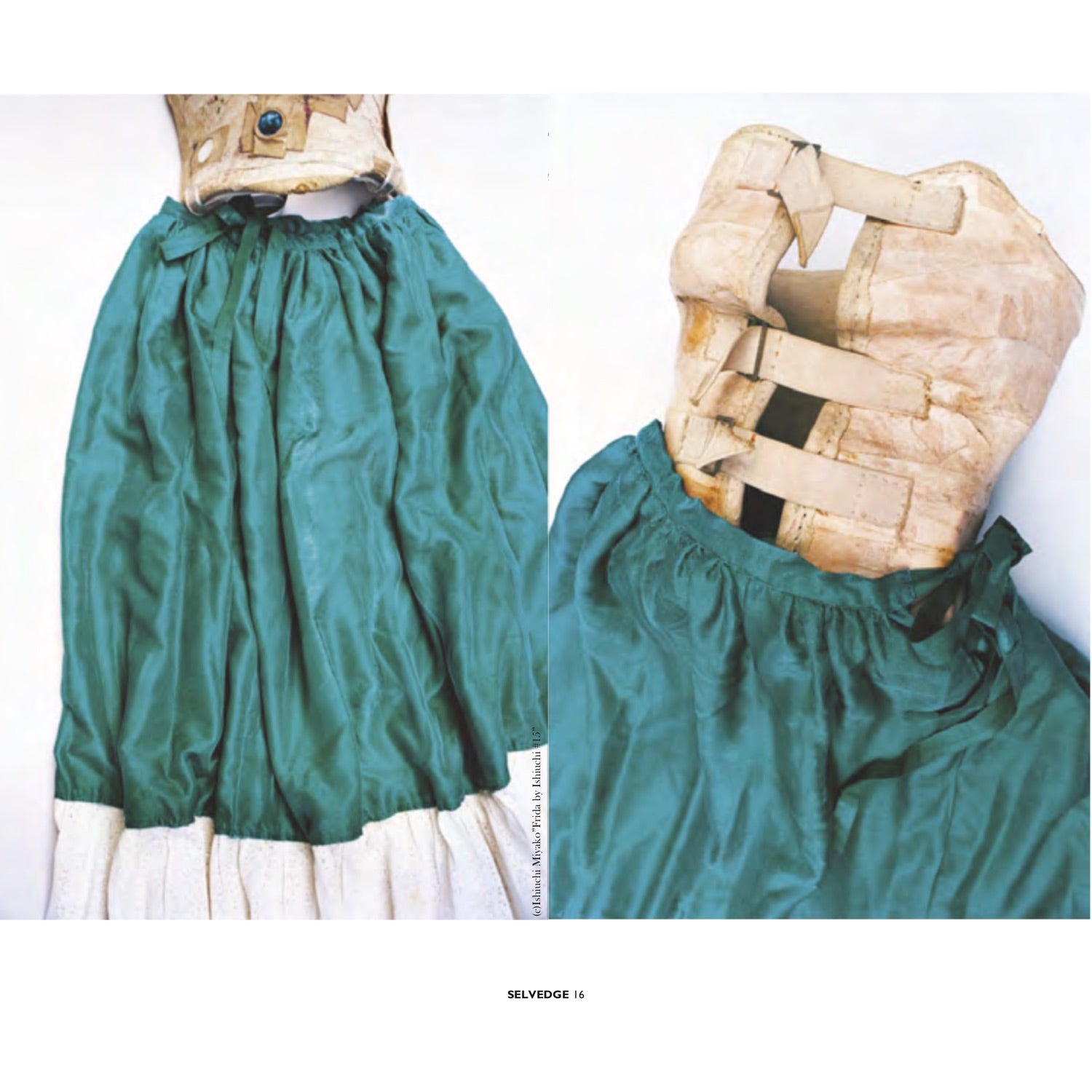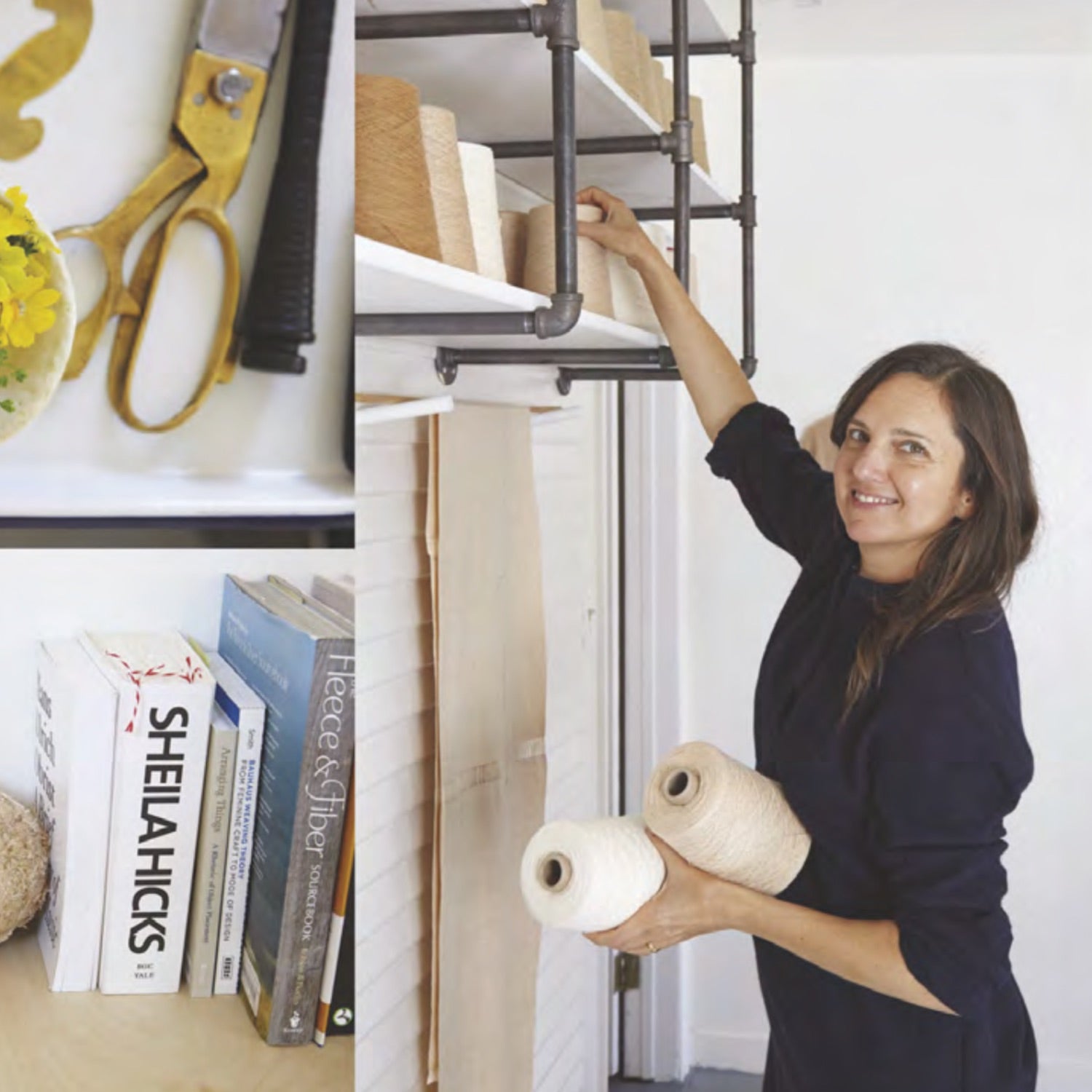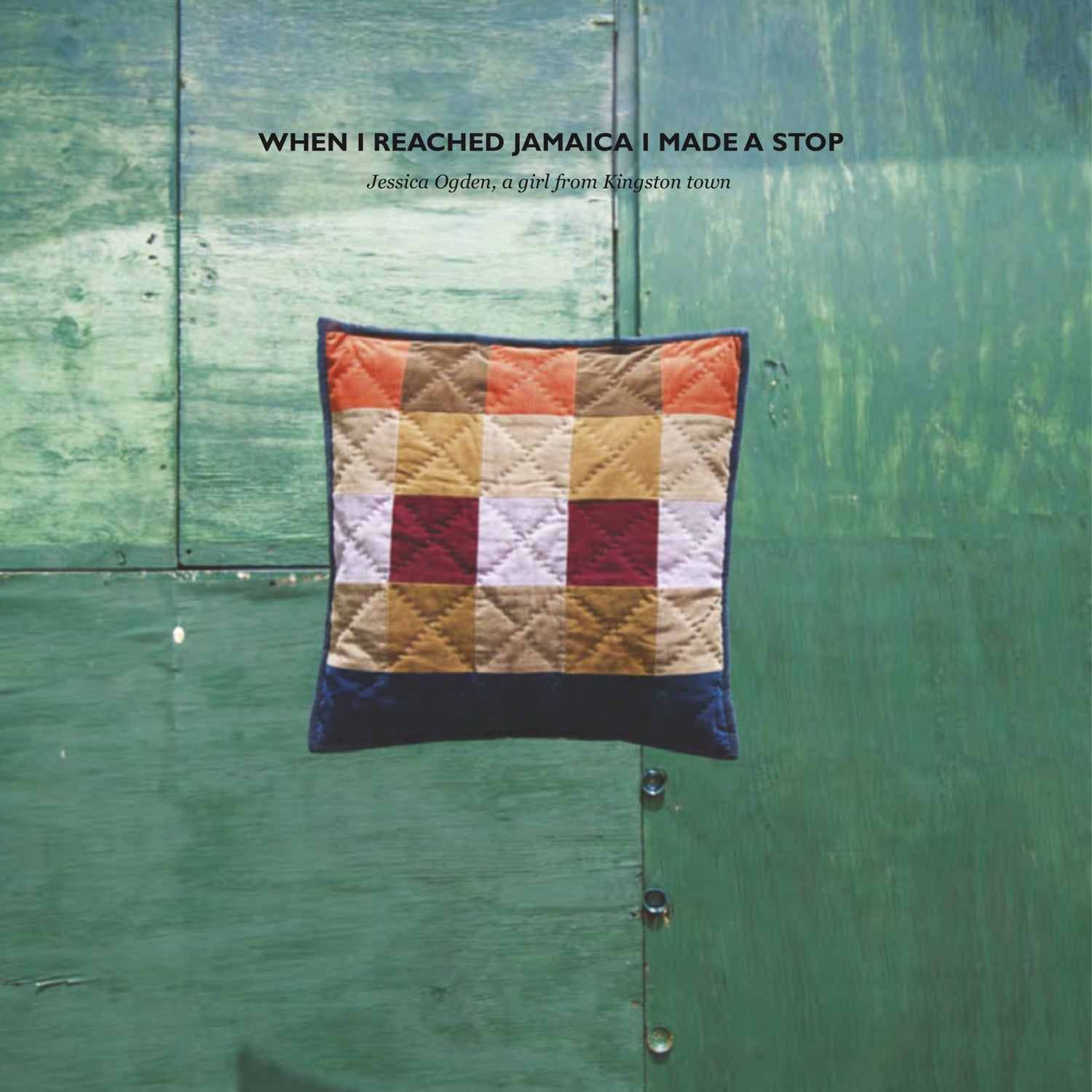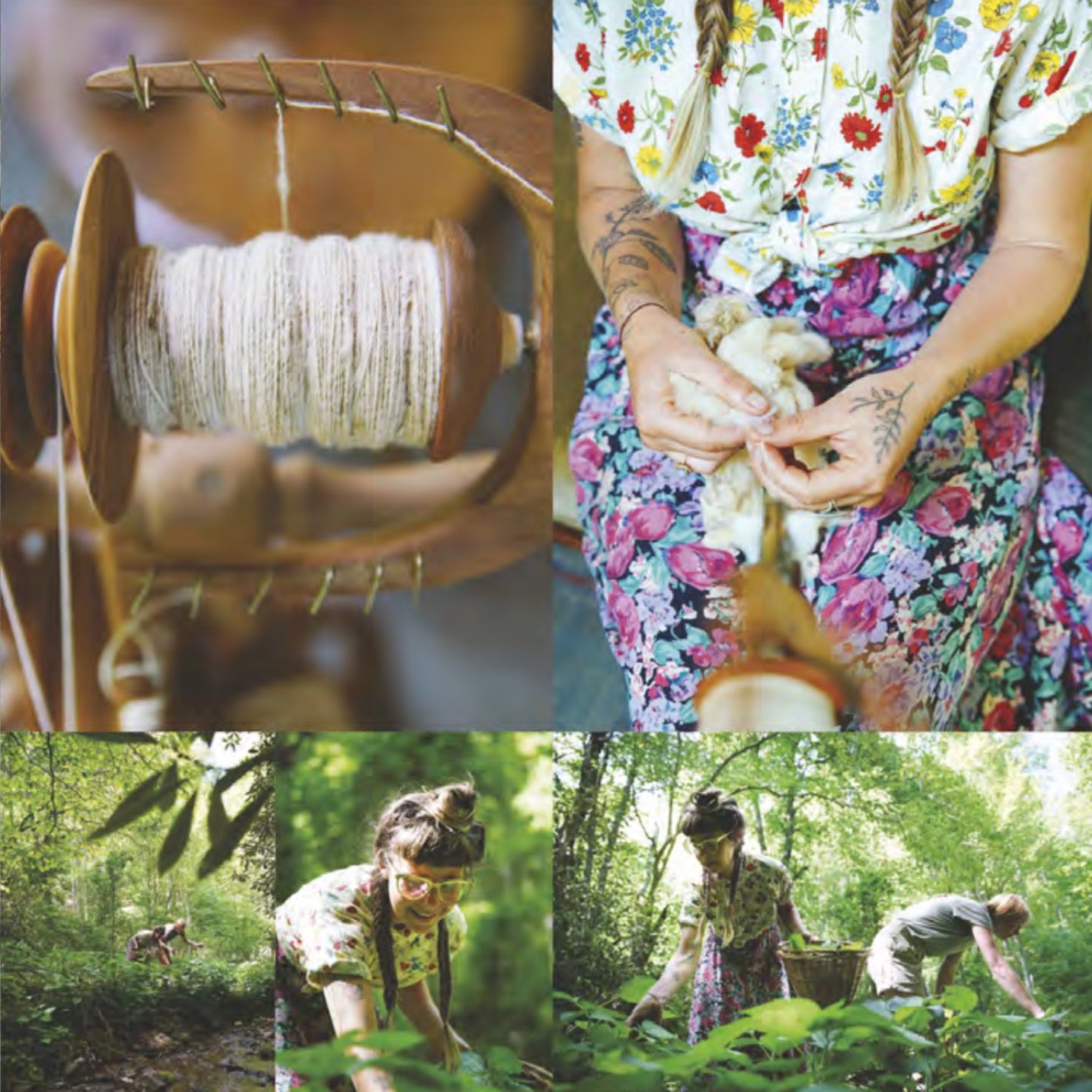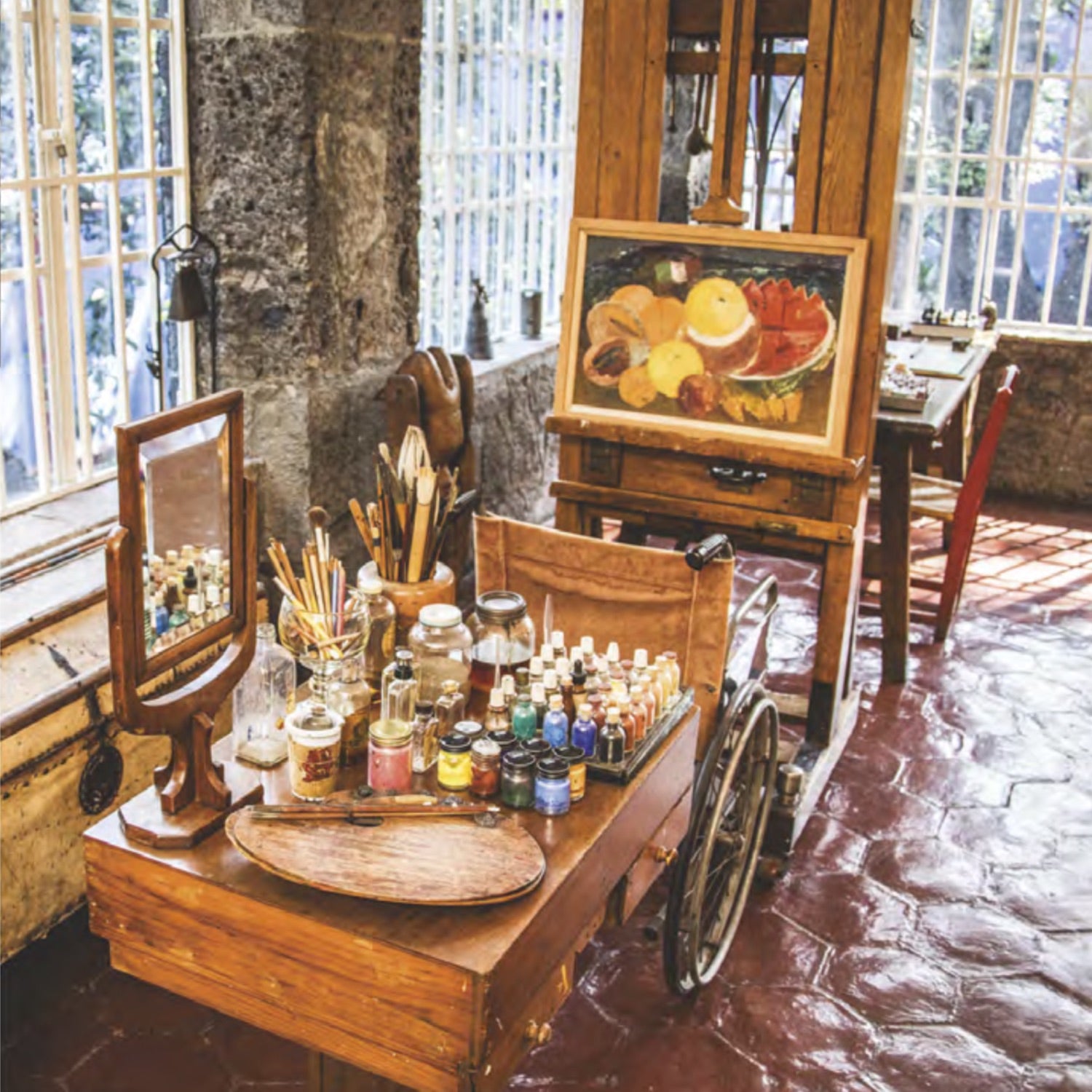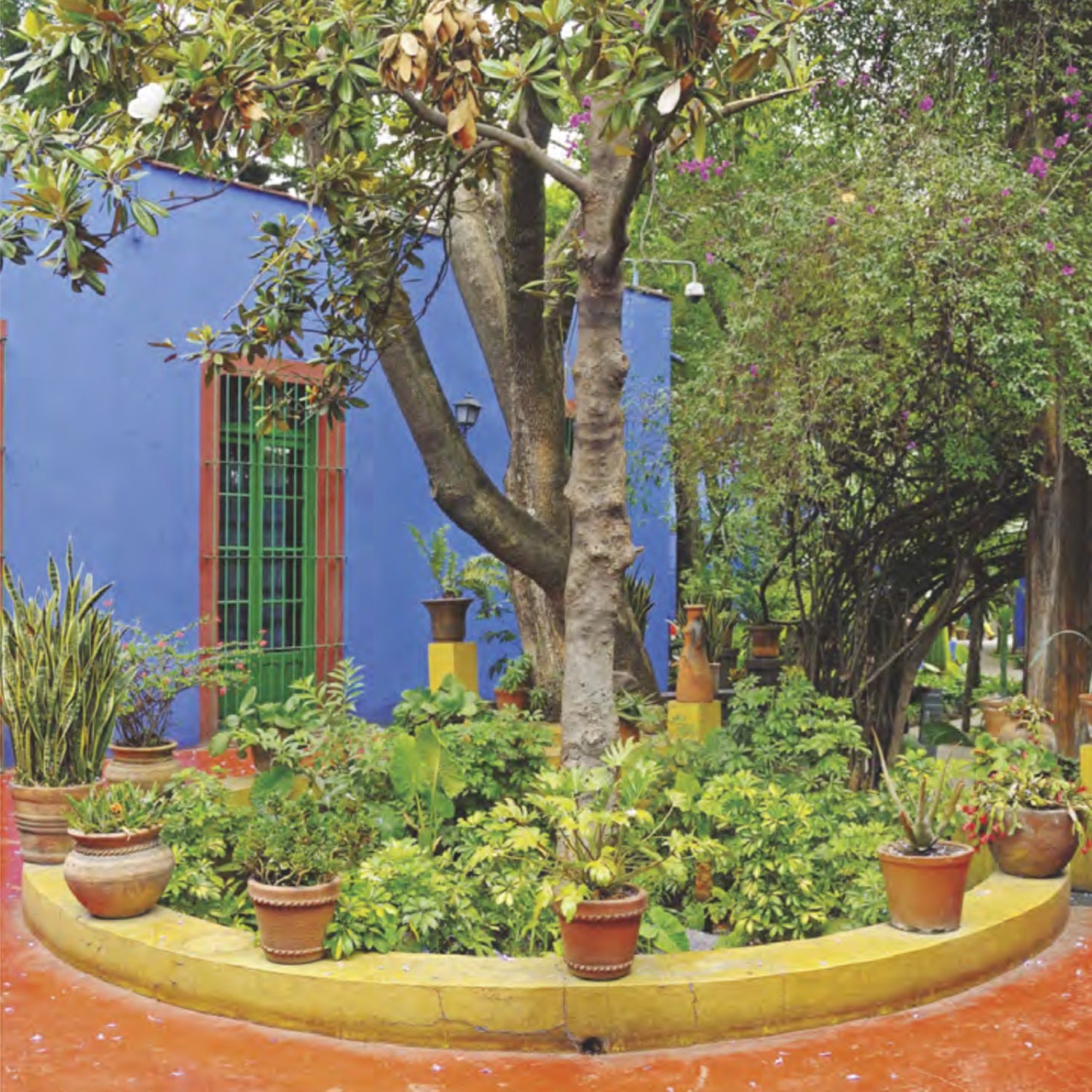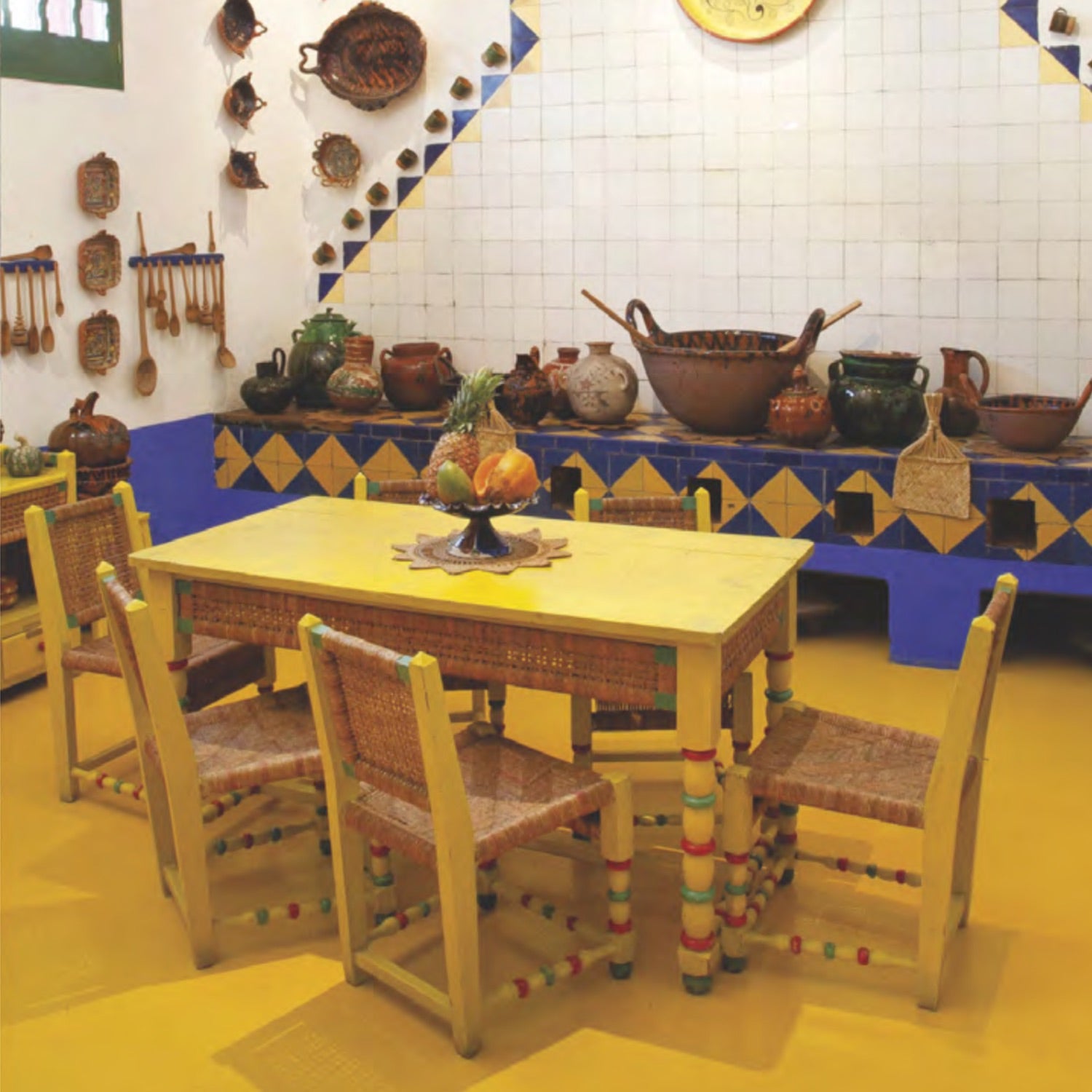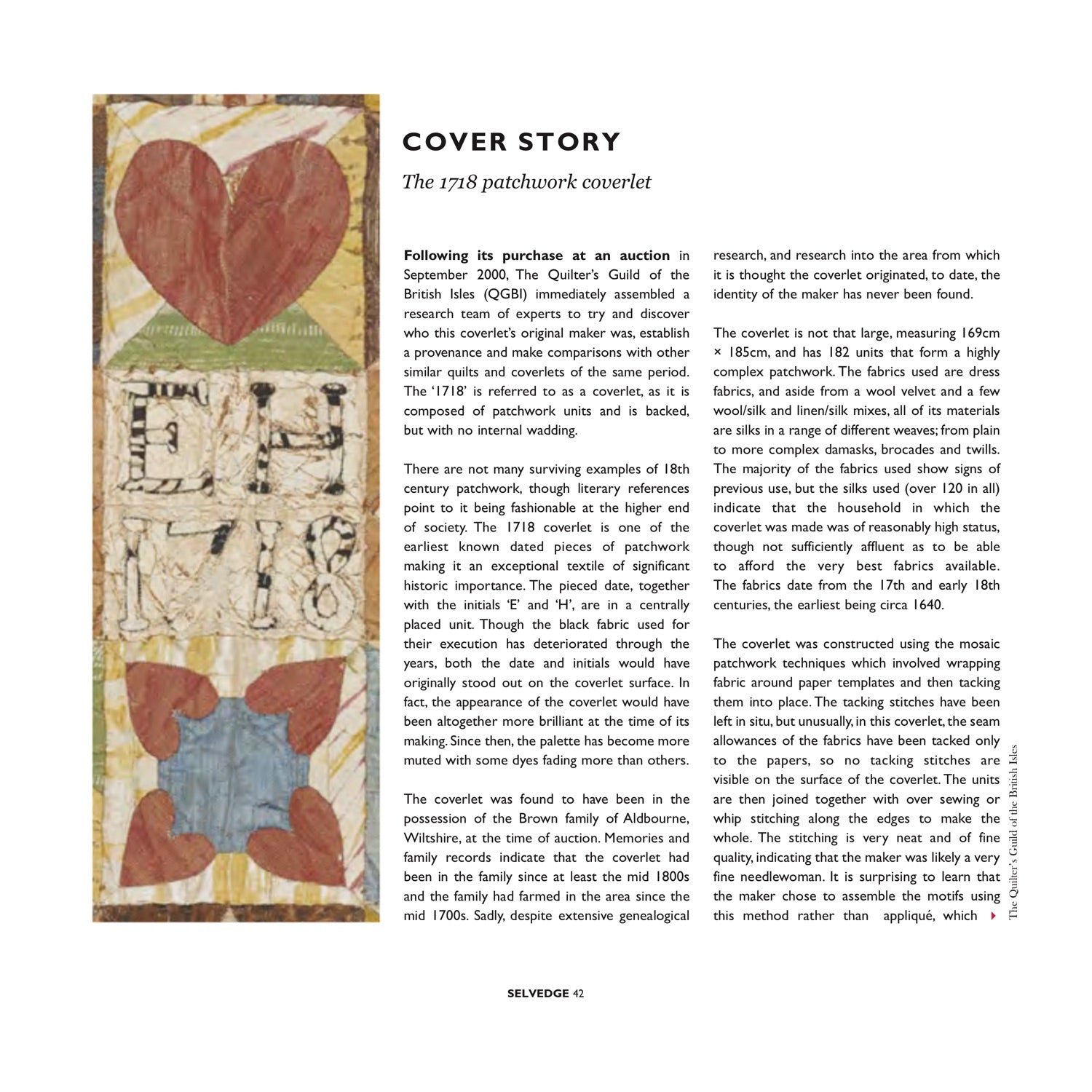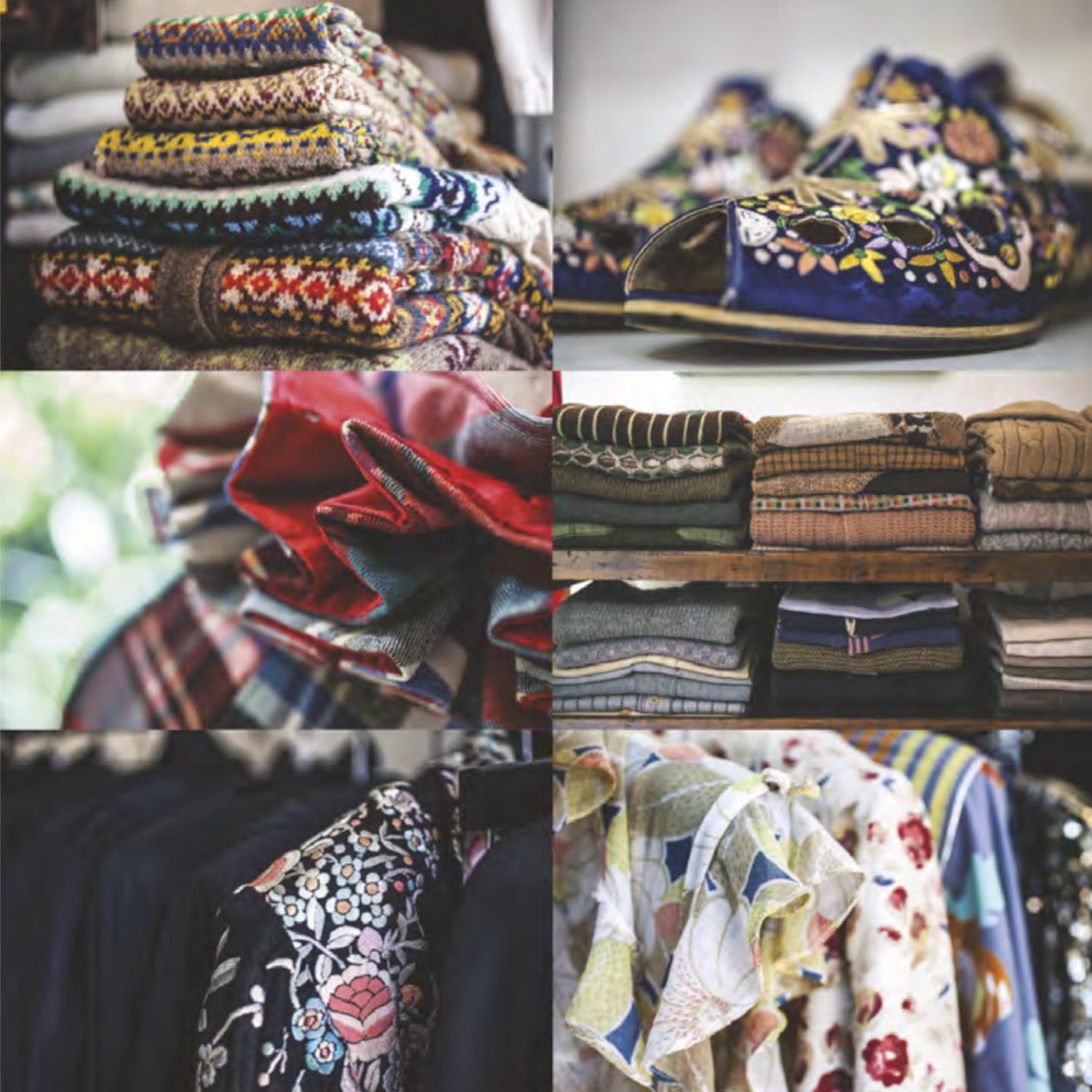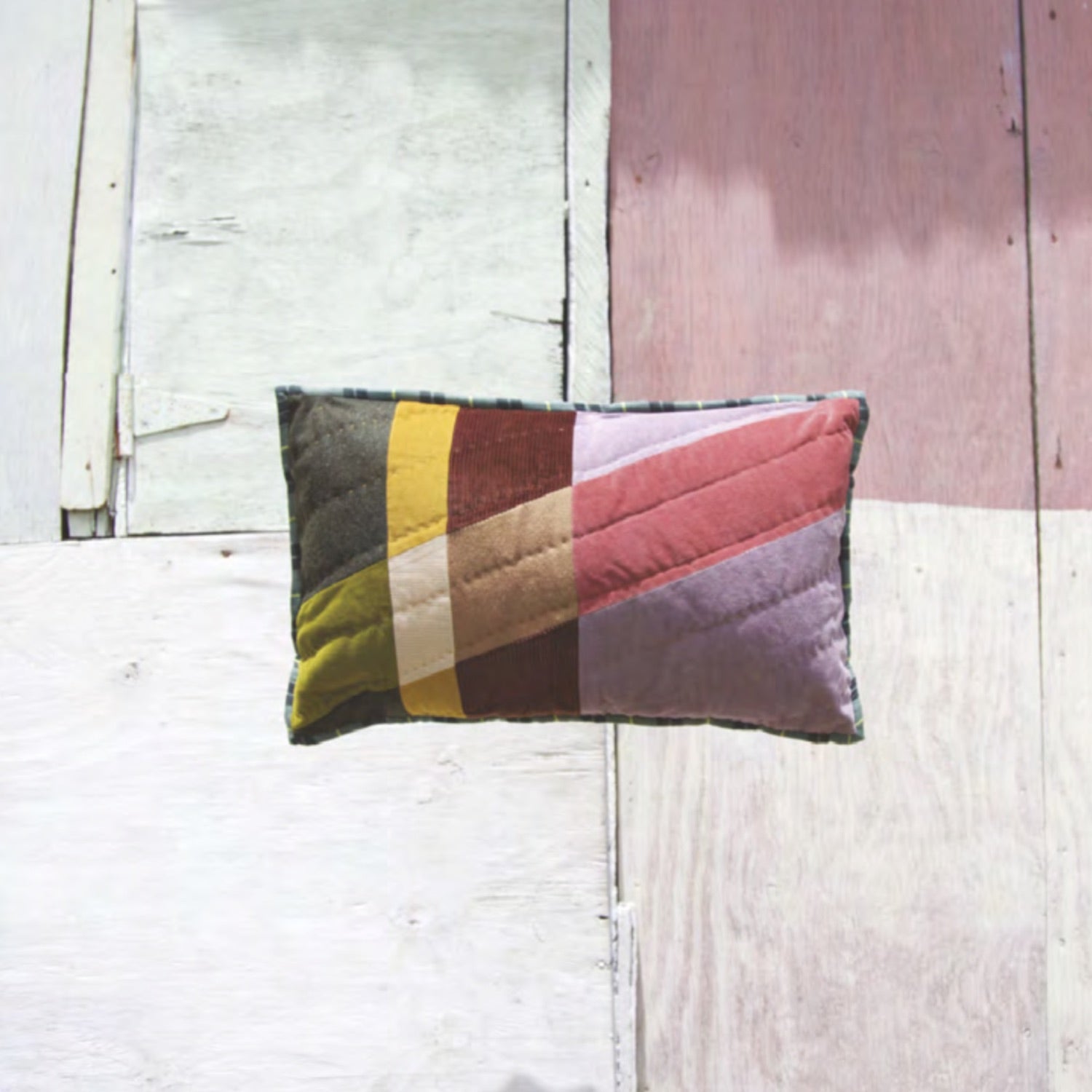Access Denied
IMPORTANT! If you’re a store owner, please make sure you have Customer accounts enabled in your Store Admin, as you have customer based locks set up with EasyLockdown app. Enable Customer Accounts
1
/
of
22
Issue 83 Cotton (Digital only)
Selvedge Magazine
Regular price
£9.95 GBP
Regular price
Sale price
£9.95 GBP
Unit price
/
per
Tax included.
Couldn't load pickup availability
July / August 2018
Issue 83 Cotton: Stay Cool in Cotton
"In the summer of 1948, the Empire Windrush docked in Kingston, Jamaica, in order to pick up servicemen on leave. The ship was far from full, and so an opportunistic advertisement was placed in a Jamaican newspaper offering inexpensive transport for anybody who wanted to come and work in the UK to help rebuild the country after WW2. This journey had been made many times before by ships carrying cotton.
The making of textiles is time consuming, with the preparation of fibre being the most labour-intensive process. The desire to speed it up has preoccupied the industrial world for the last 200 years and it is with cotton fibre that there has been the greatest success. 60% of all clothing is now made of cotton. While it is natural, and biodegradable, cotton’s negative environmental impacts result from the use of pesticides and the consumption of water used to accellerate production. After spending the last two centuries producing more and more cotton, the biggest issue facing the textile industry today is how to dispose of the excess. There is much in the news on the environmental impact of plastic, but textile waste is as big a problem, with the average garment being worn just three times. What can the individual do?
We have inspiring answers in this issue, from a story about the oldest patchwork coverlet, on display at The Fesival of Quilts, to the Dutch Nationale Feestrok as well as Jessica Ogden’s Caribbean practice. Patchwork is a great way to extend the life of textiles, as is buying less but buying better: a philosphy adhered to by Adele Stafford and her Voices of Industry project. She sources organic cotton in her field-to-fibre initiative; similarly Jessica Green in her Appalachian homestead utilises home-grown fibre to grant continuity to the American coverlet tradition. These pieces will be treasured for generations rather than finding their way into landfill. We look too at the significance of textiles in the life of Frida Kahlo, whose clothing and personal effects will be exhibited at London’s V&A Museum this summer. We look at her life, her house and take a tour of the country she called home."
Polly Leonard, Founder, Selvedge Magazine
Share

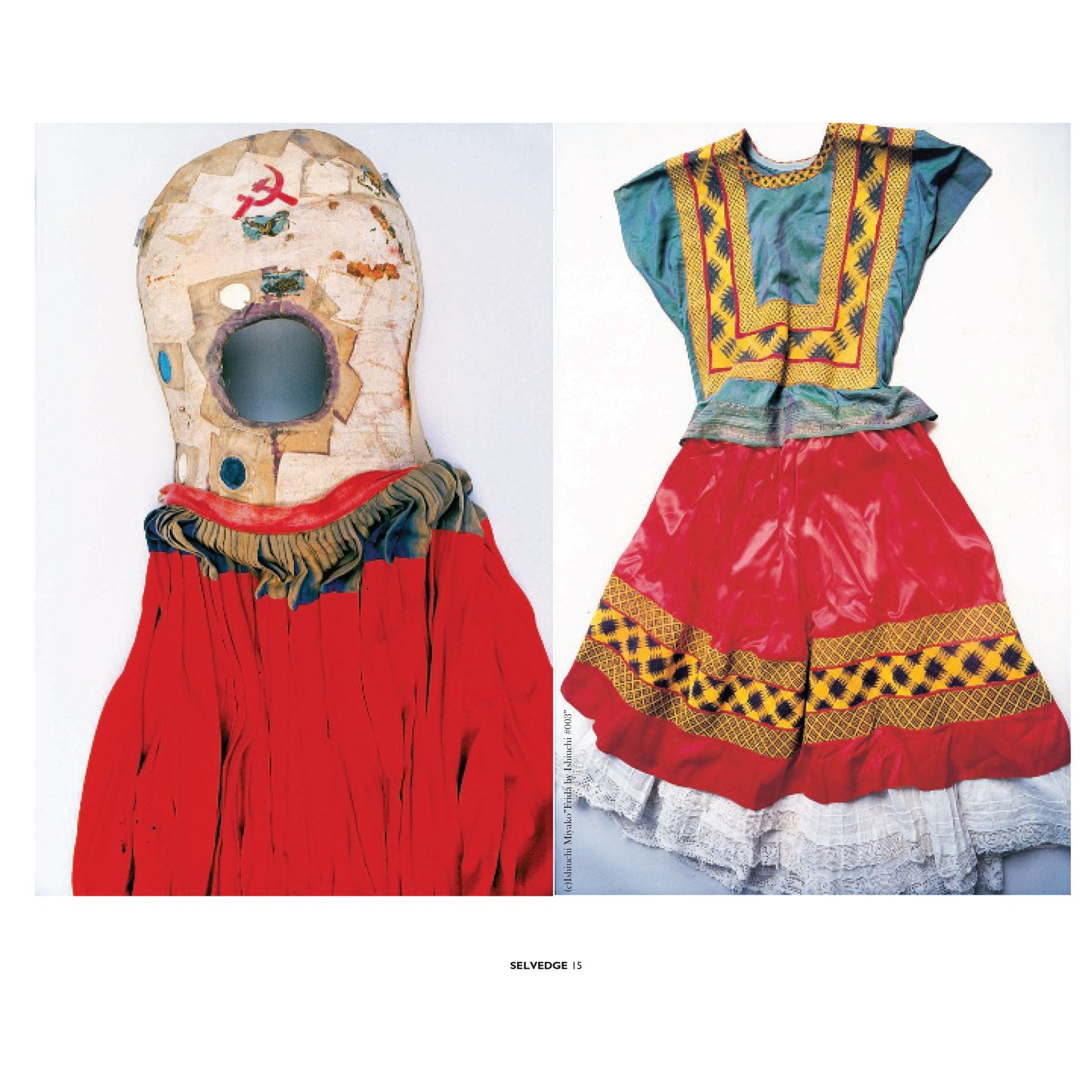
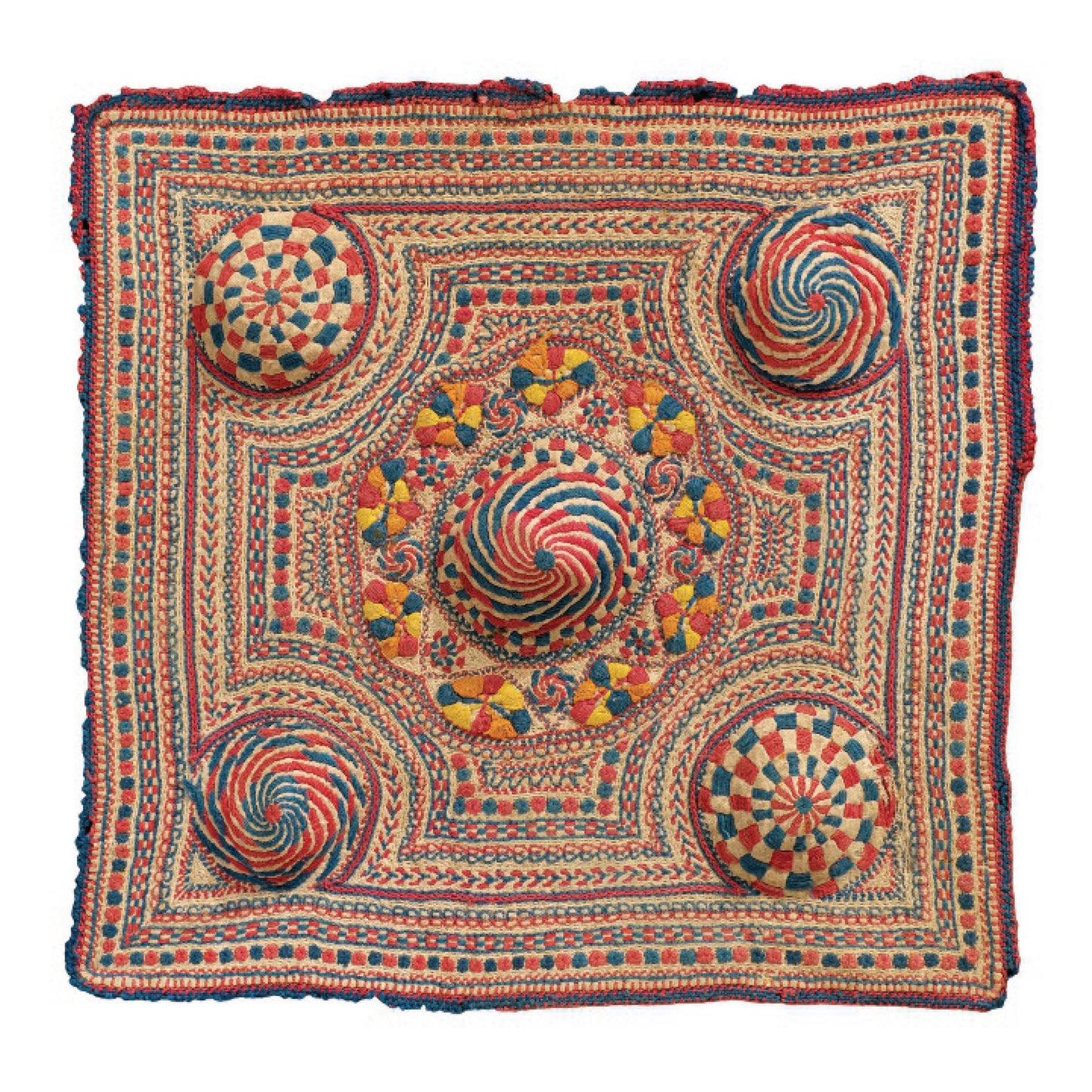
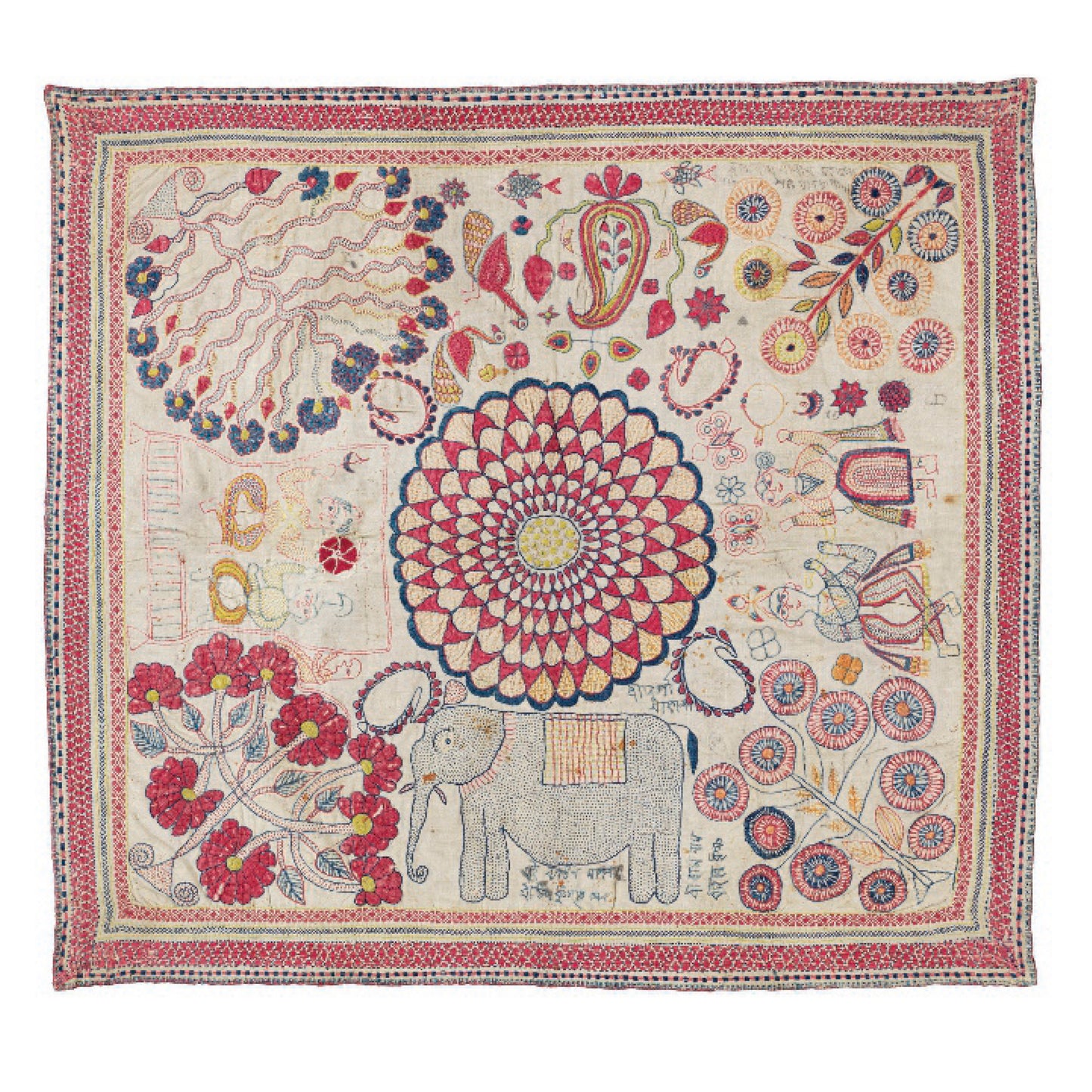
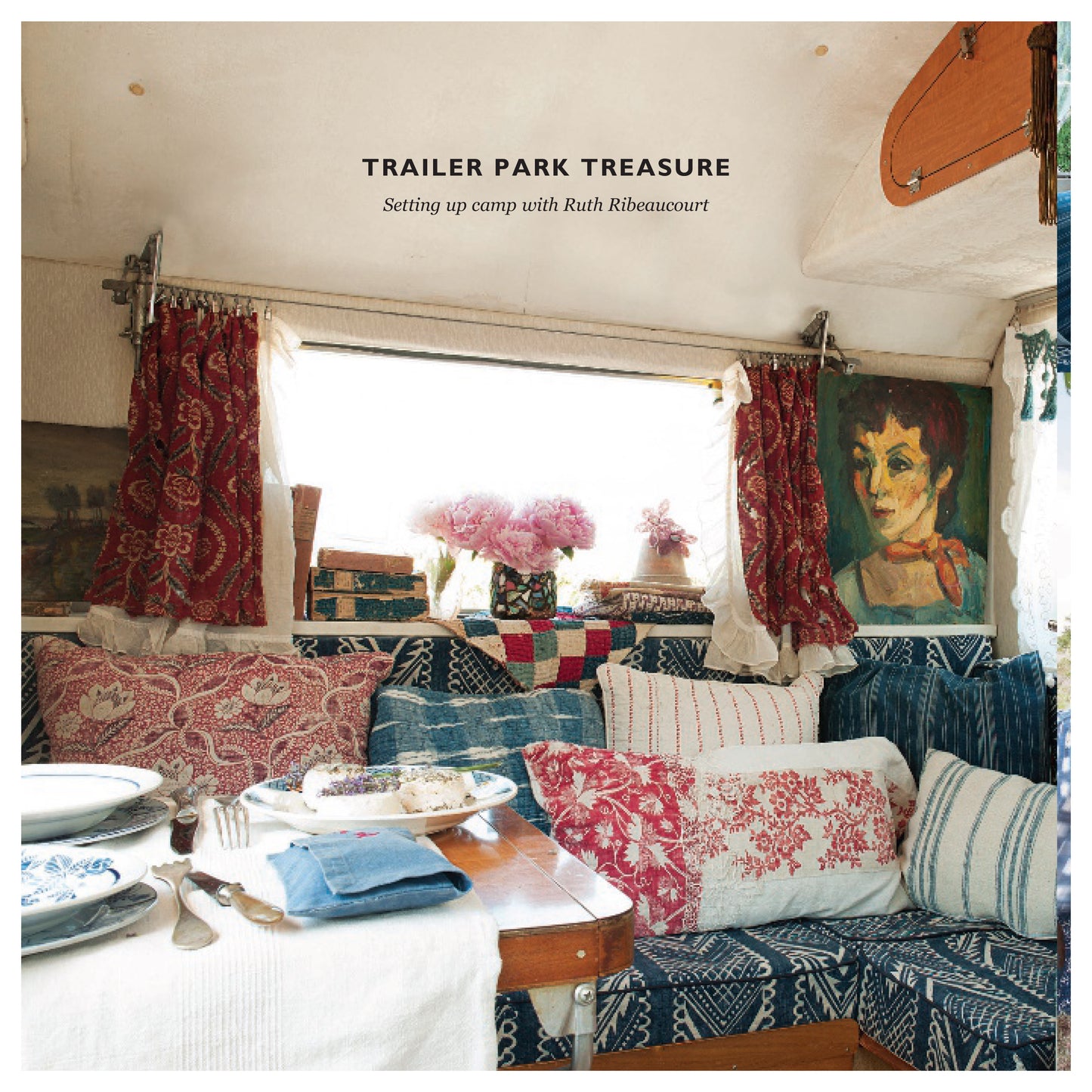
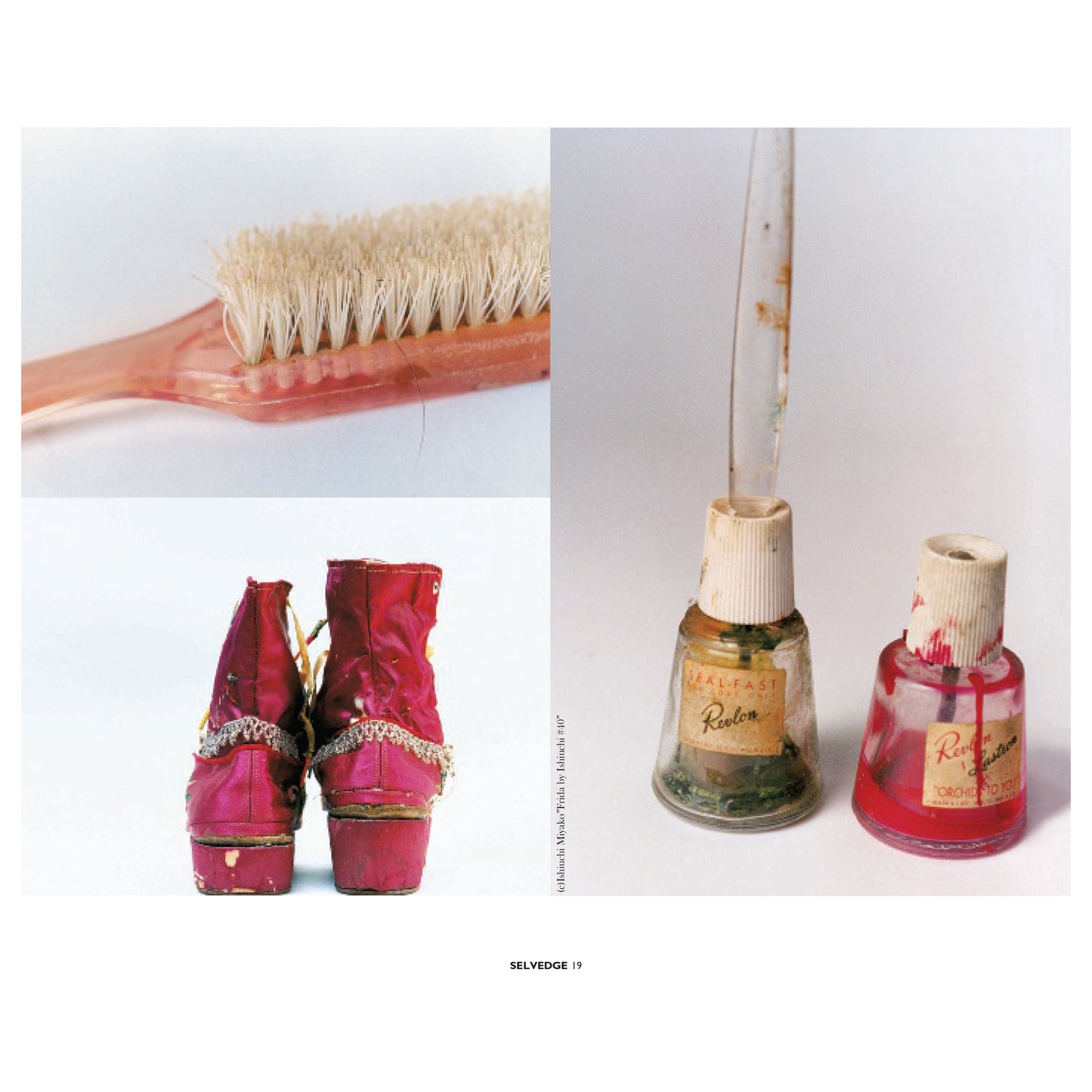
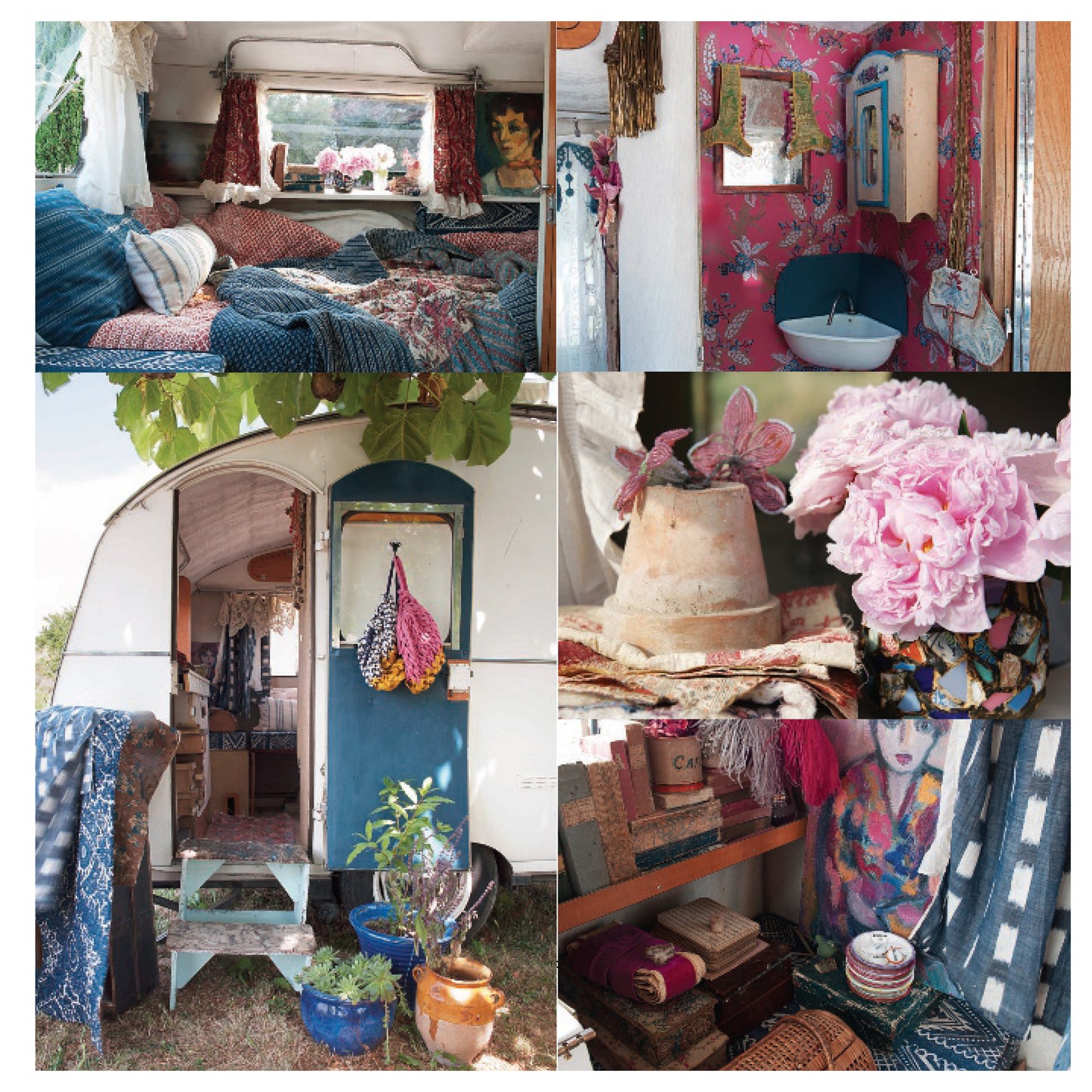
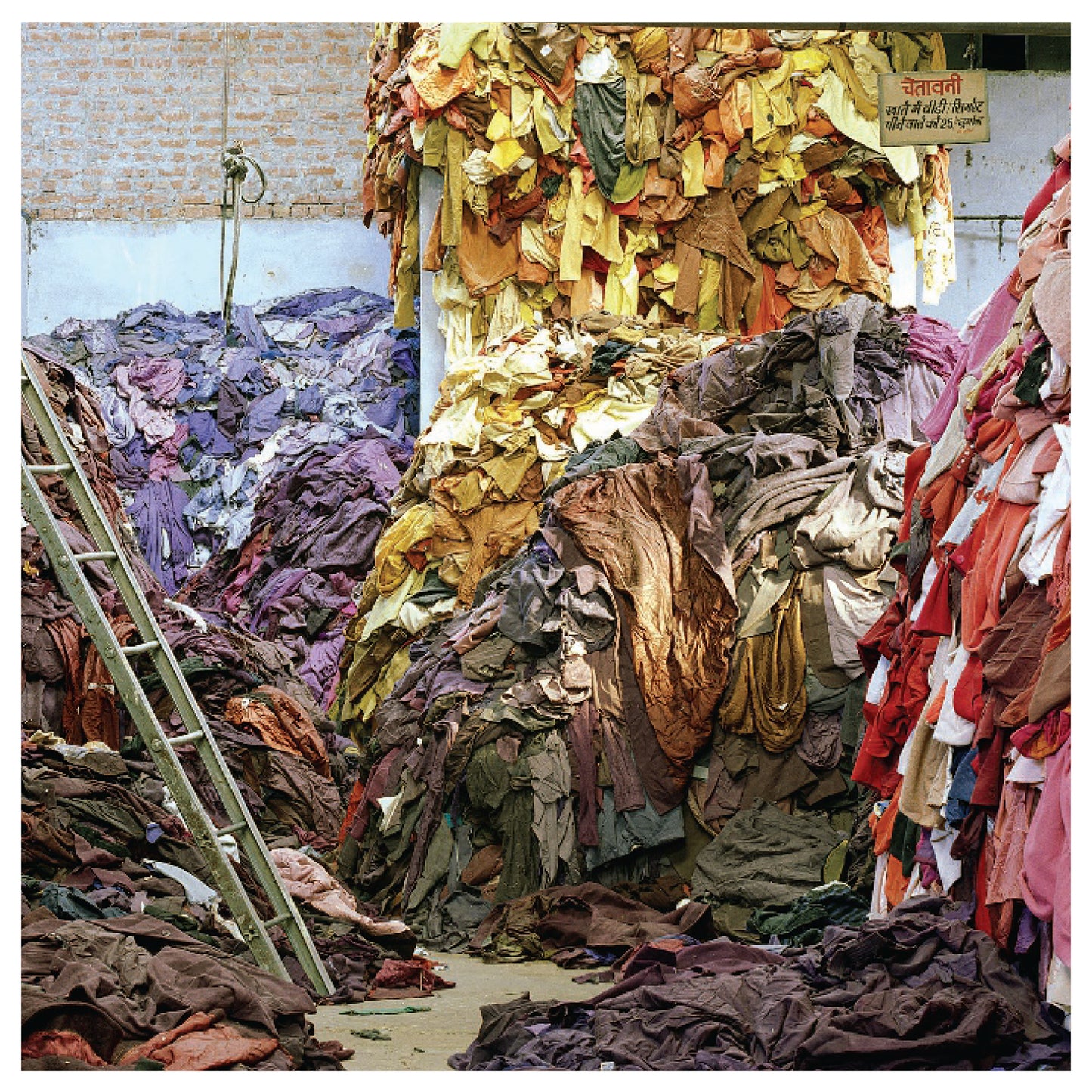
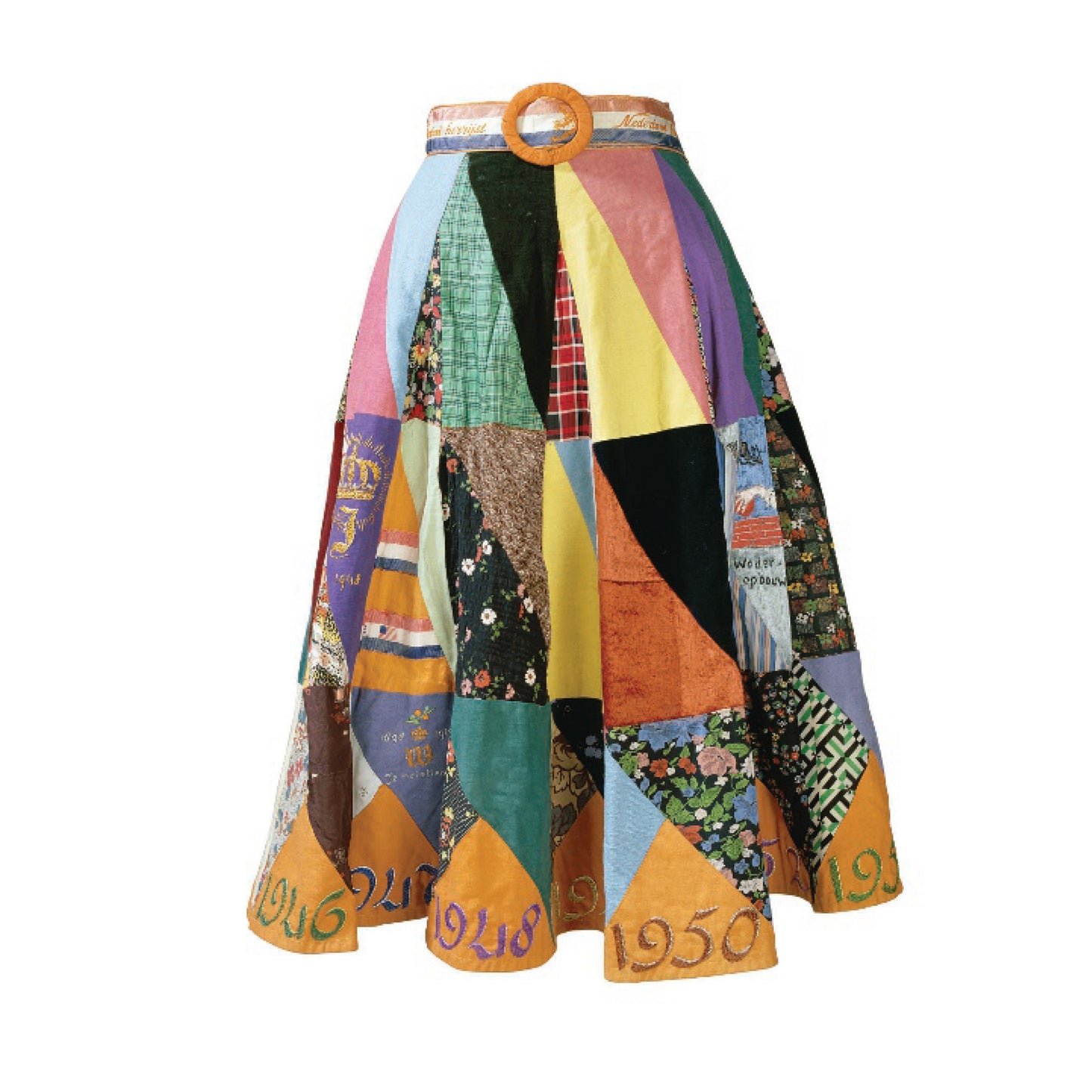
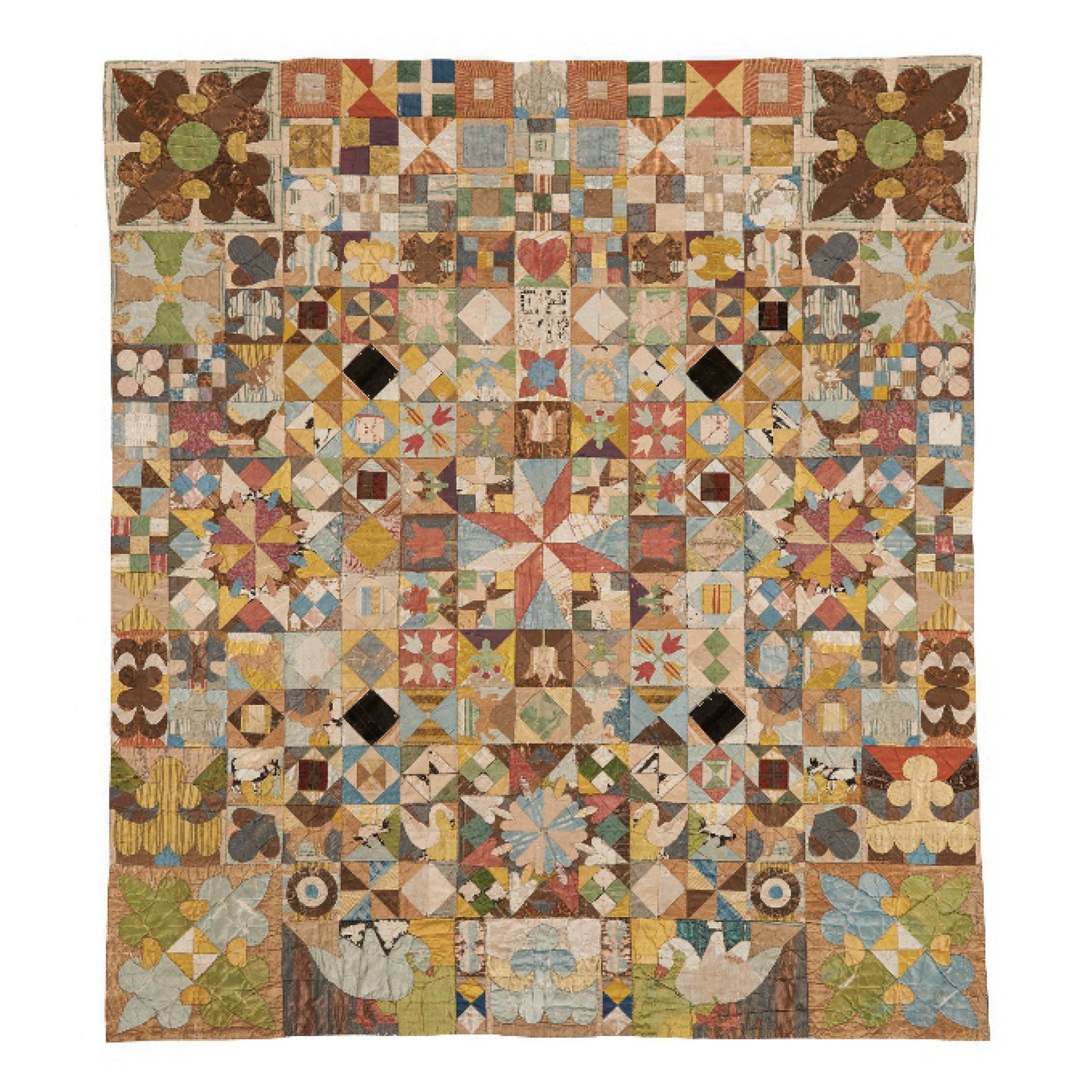
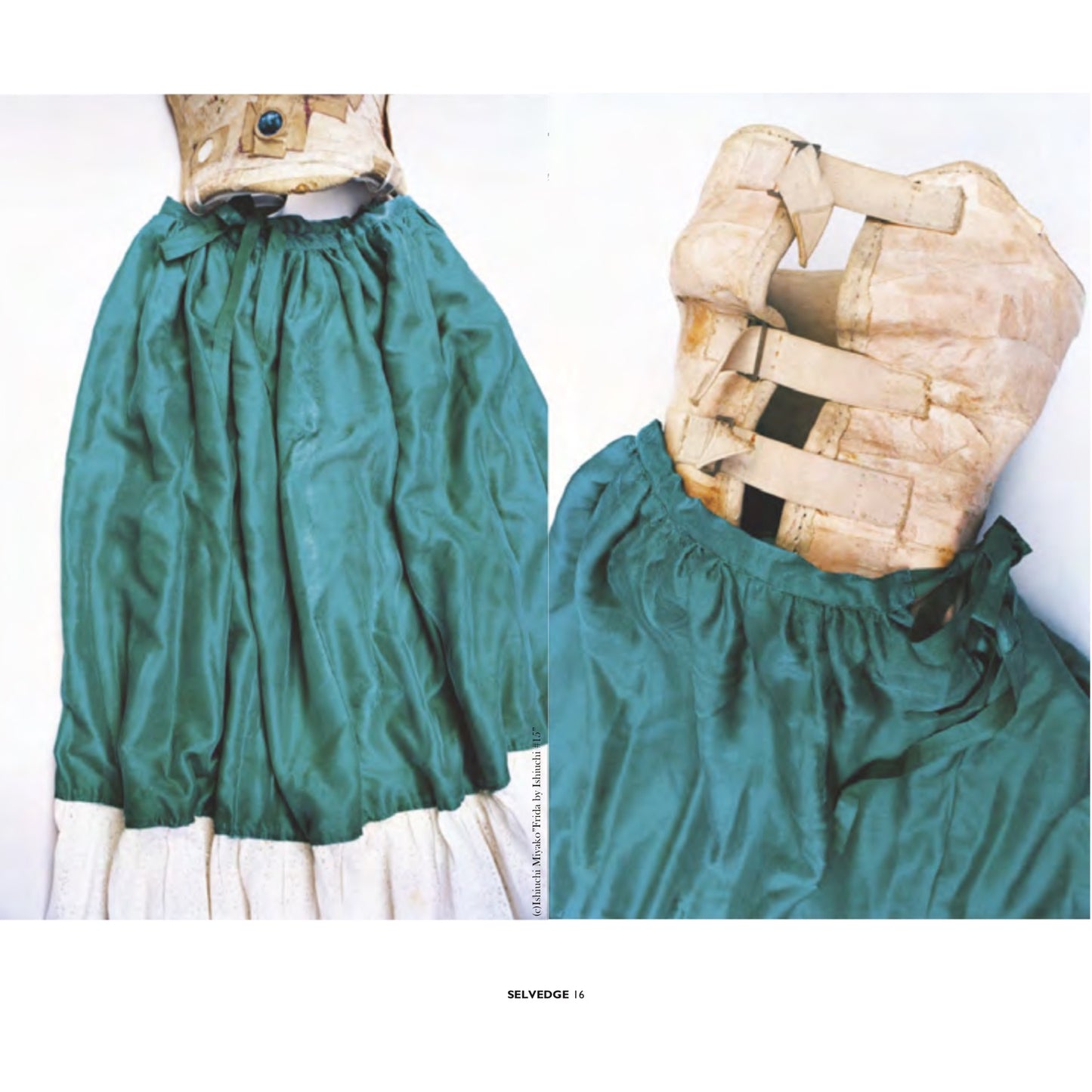
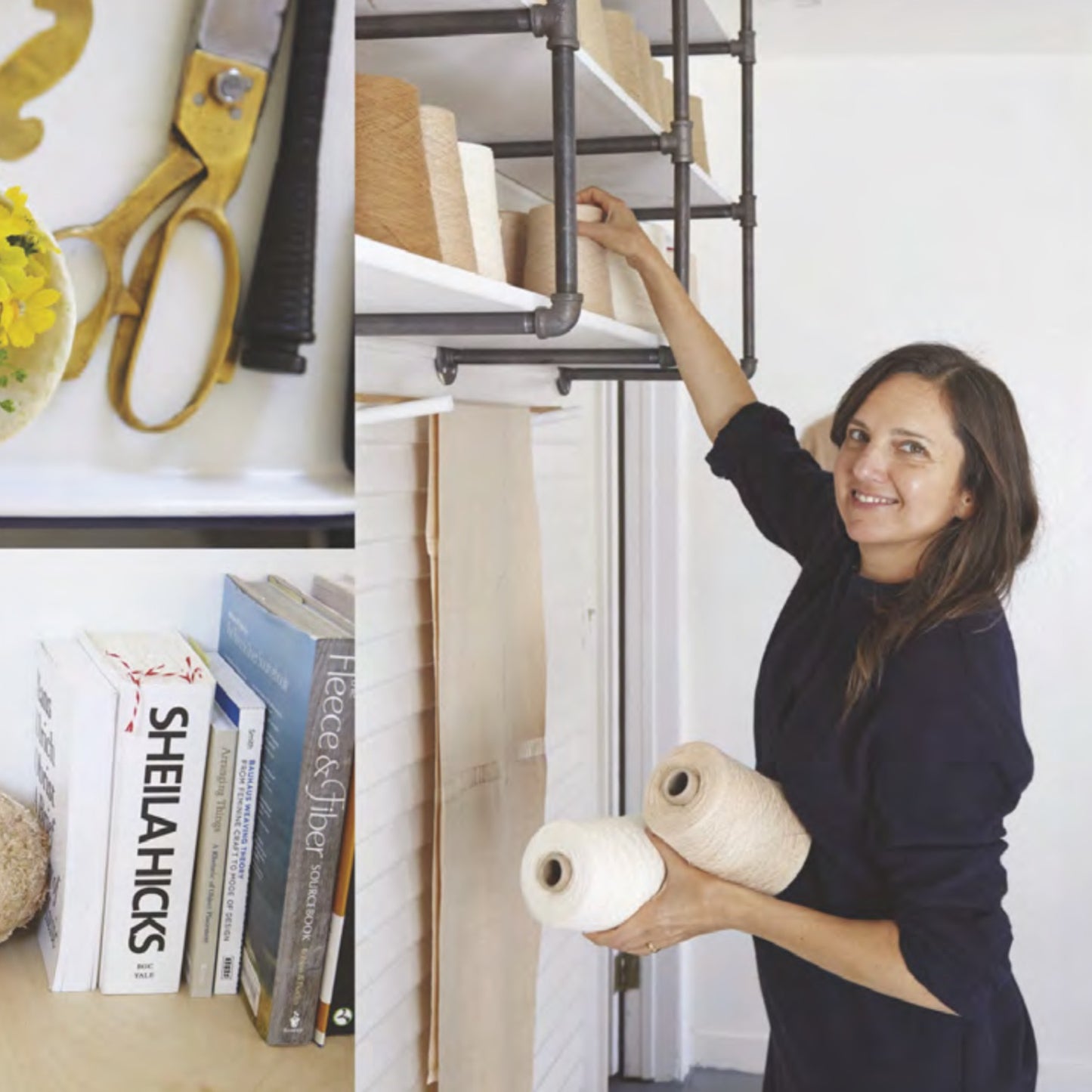
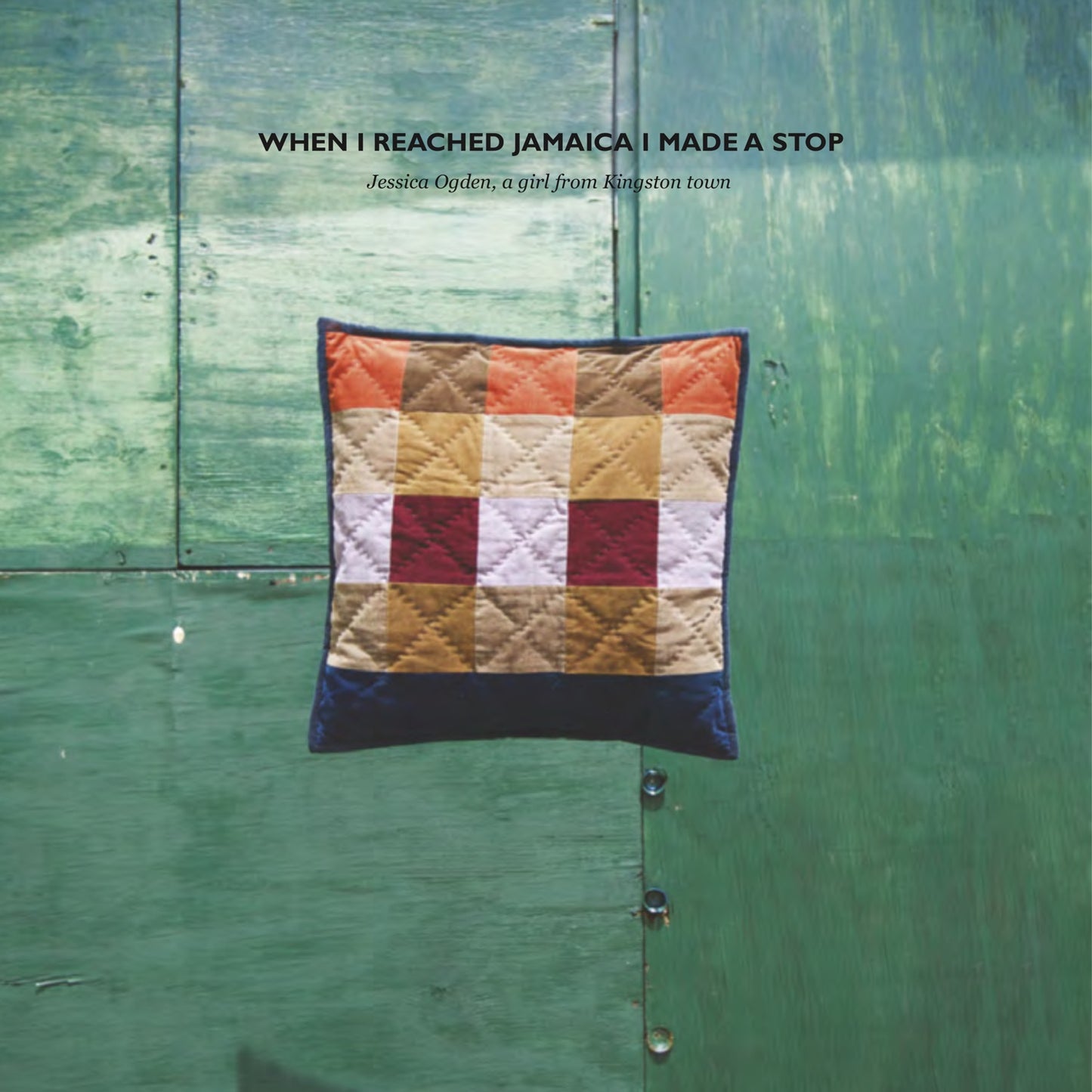
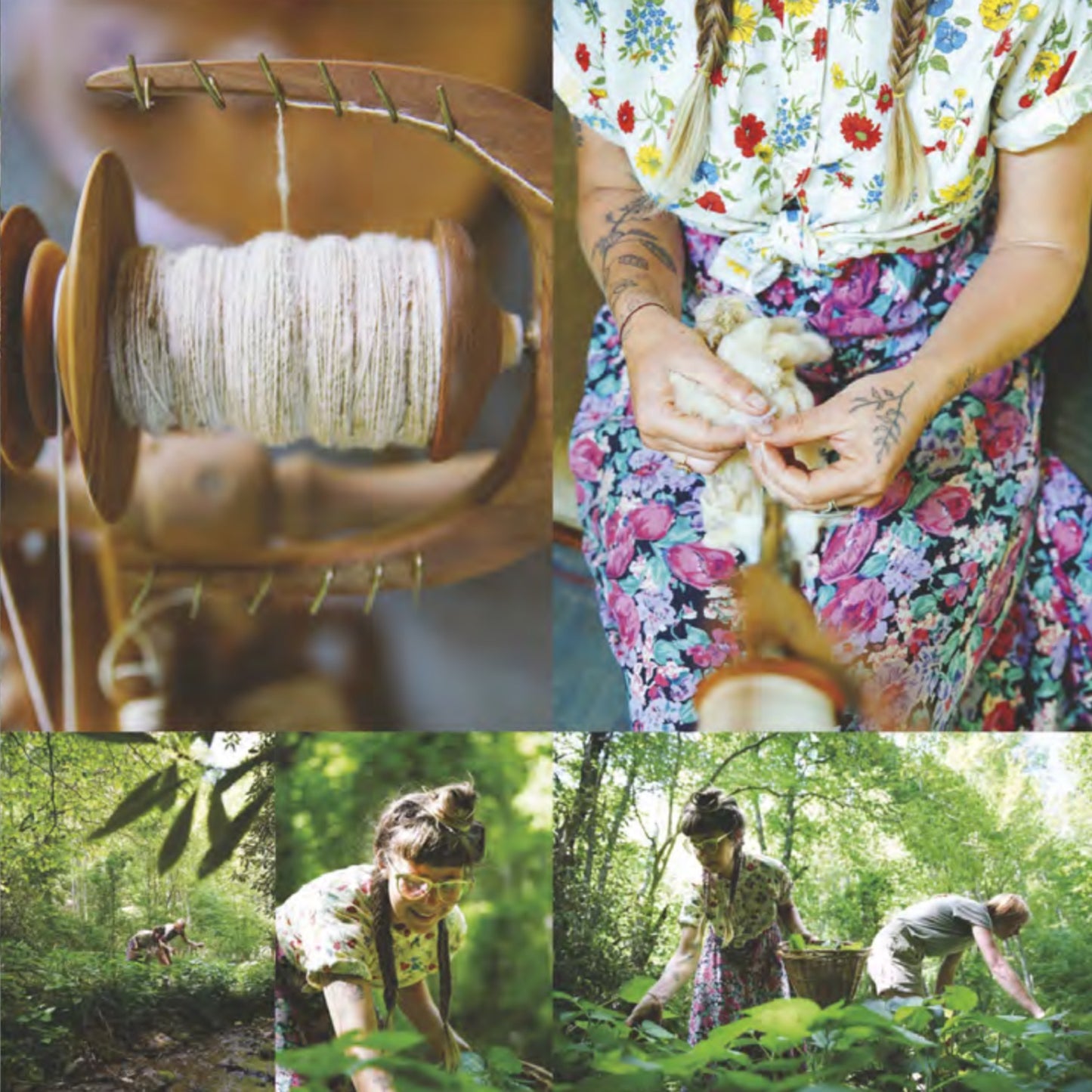
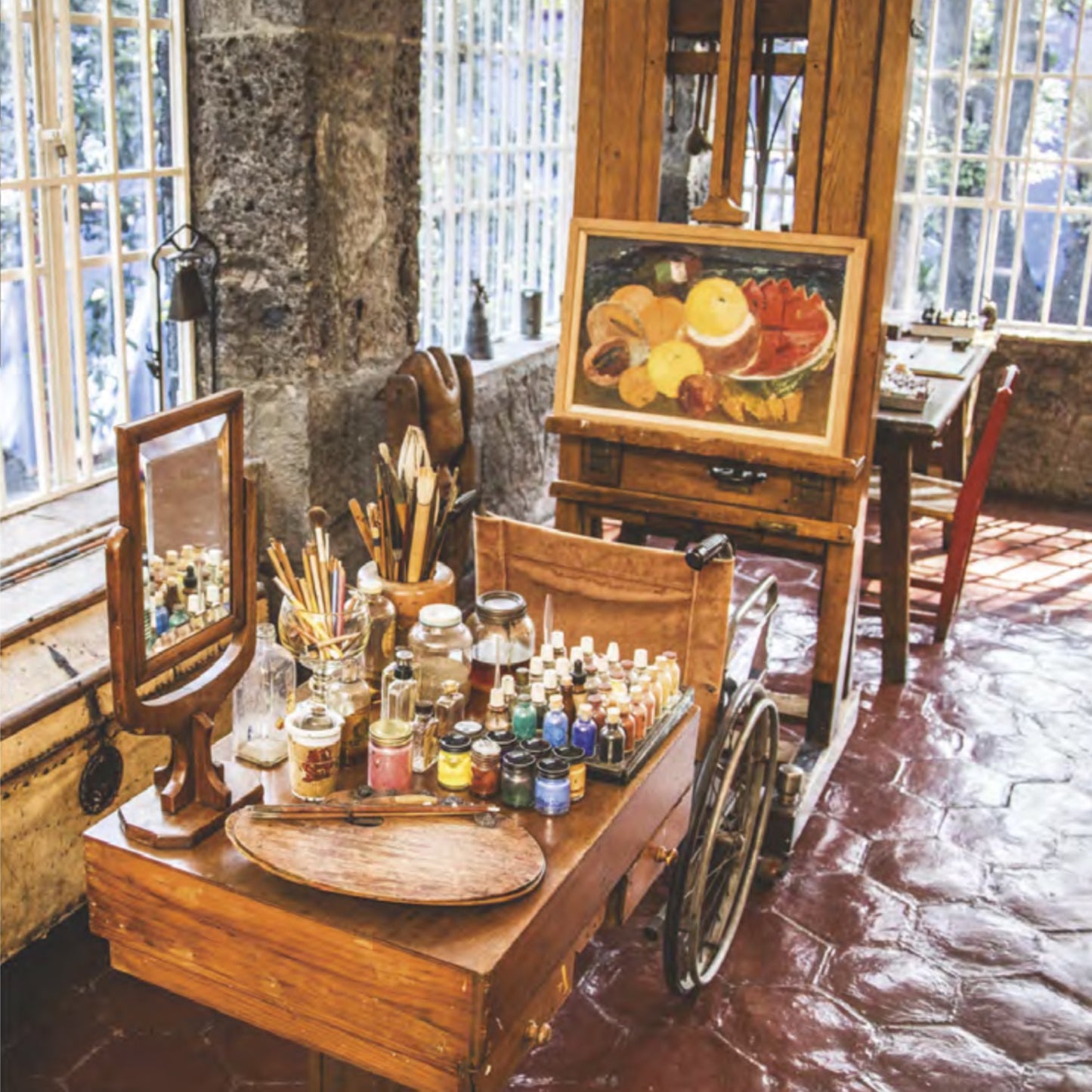
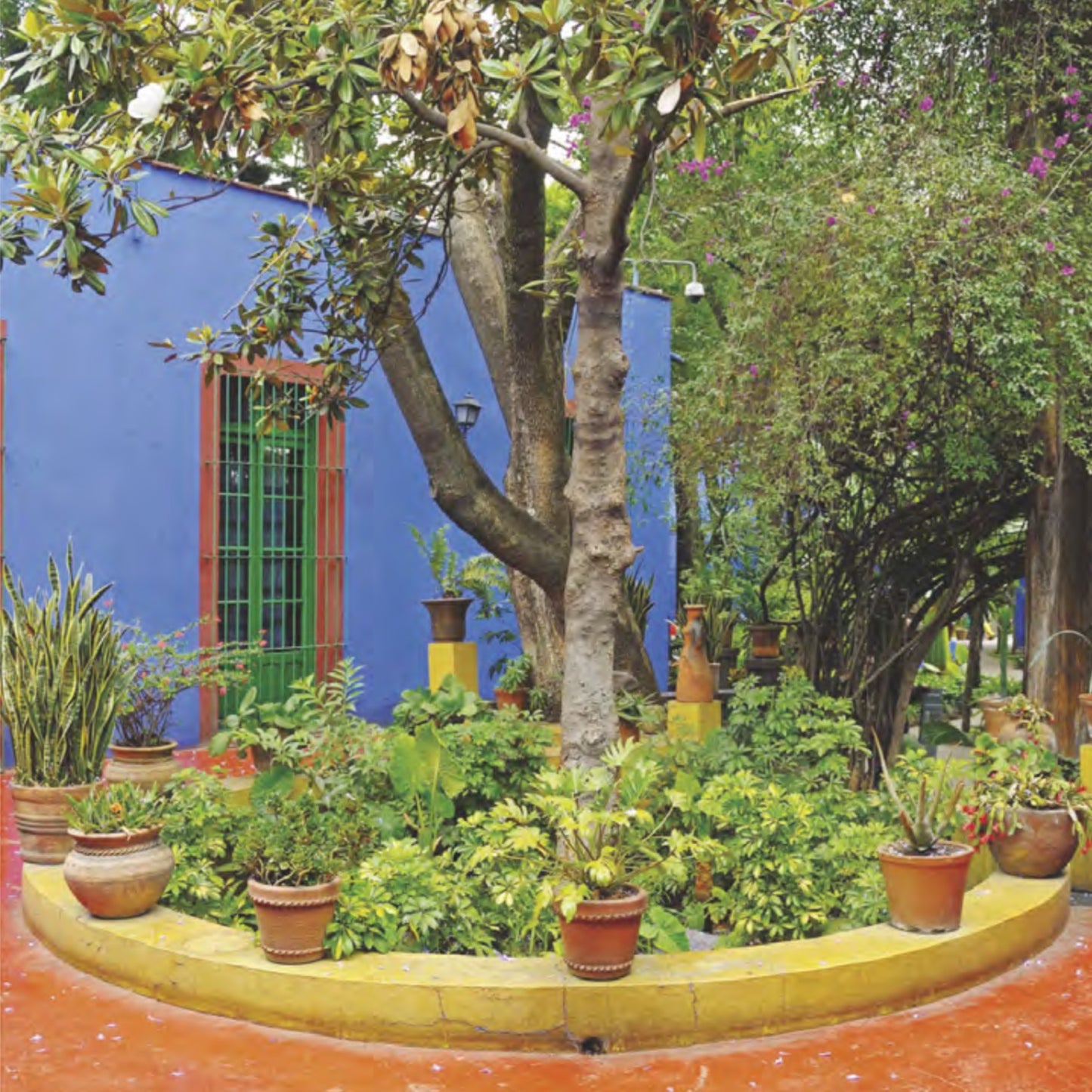

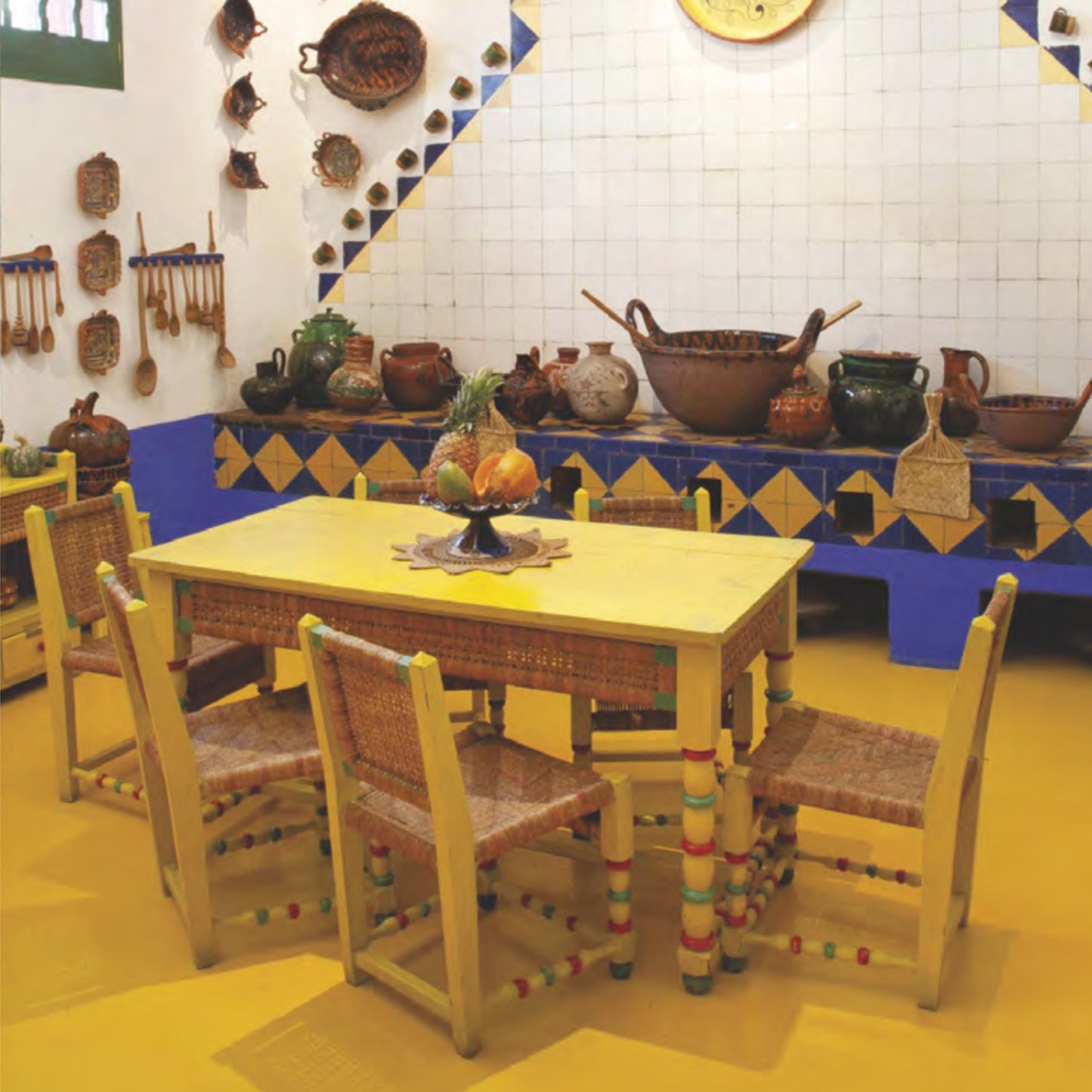
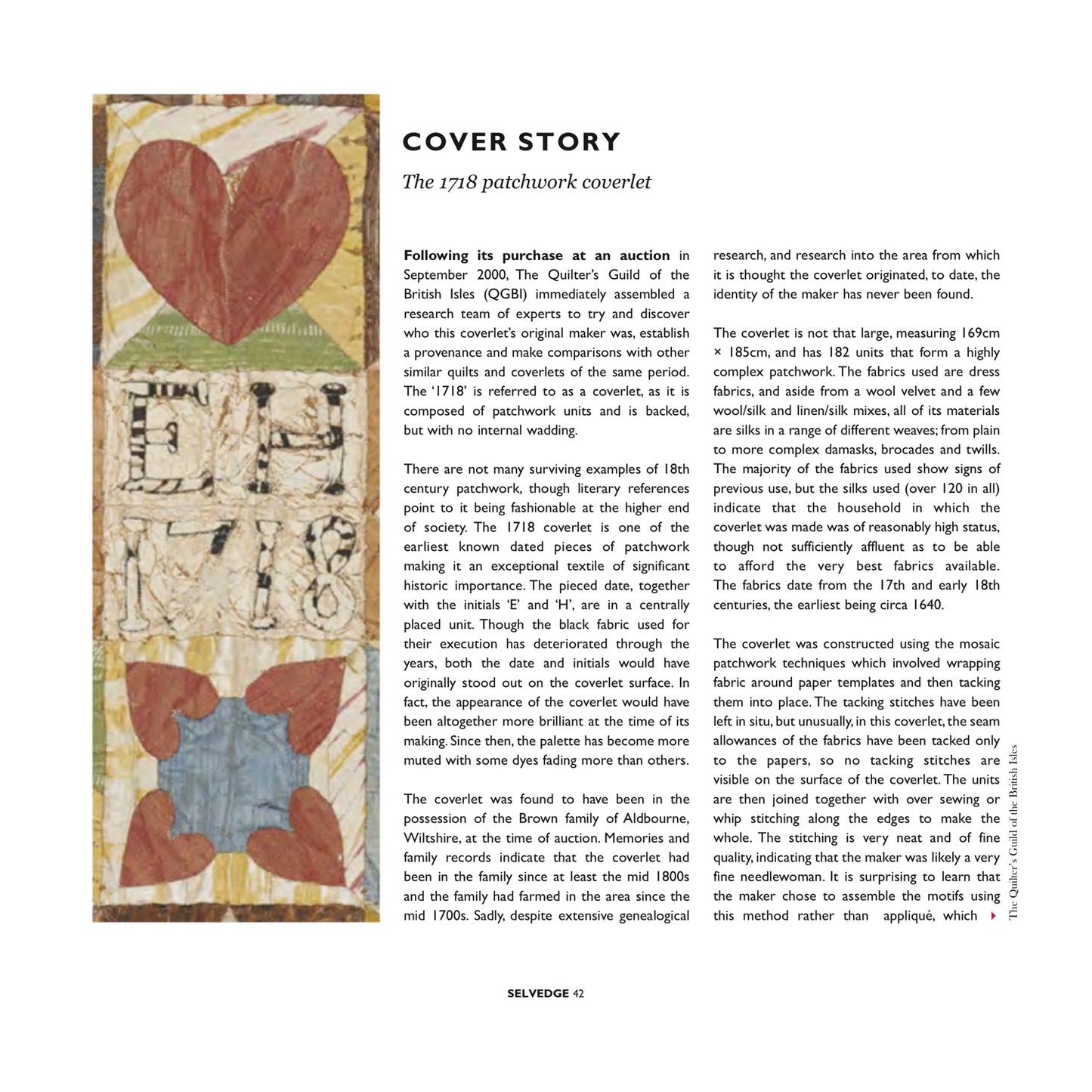
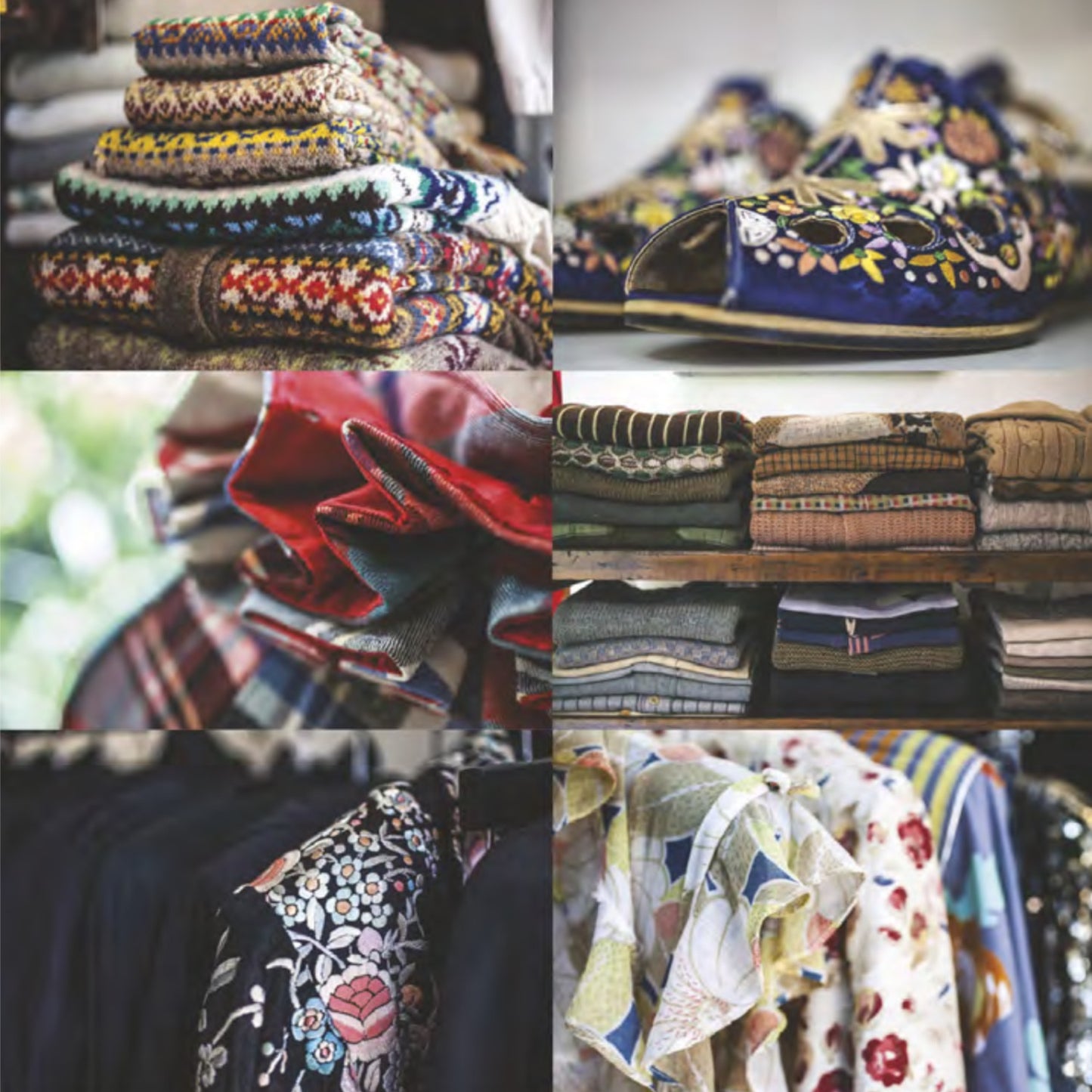
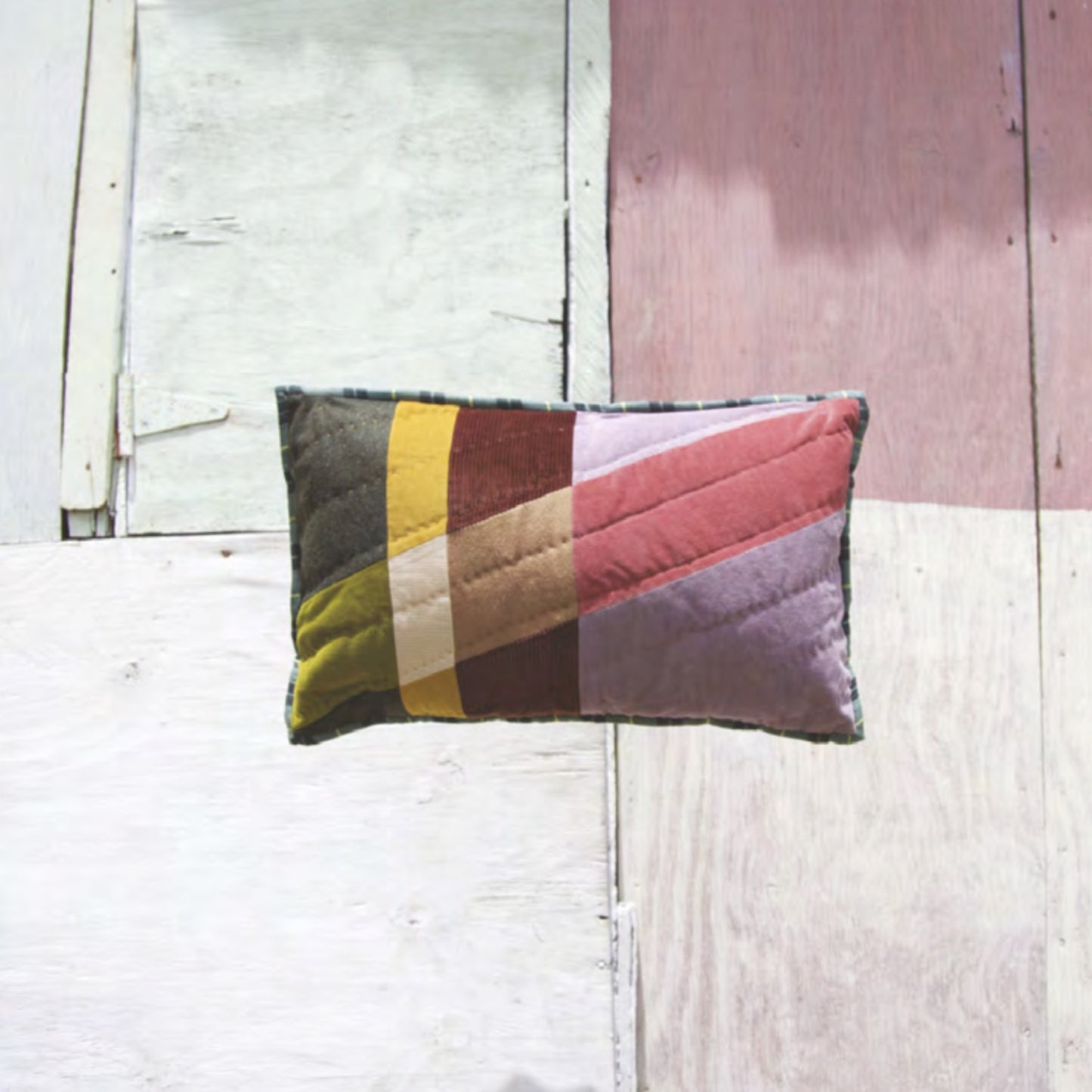

Invalid password
Enter


